Find out the good, the bad and the ugly about quartz and glass countertops.
.avif)
When it comes to making a home improvement, there are a lot of factors to consider. Of all the choices you have to make, countertops may be one of the most important. Do you want a high-end look with quartz countertops? Or would you prefer the eco-friendly option with recycled glass countertops? Here's what you need to know about both types.
Recycled glass countertops are made from a resin bound mixture of glass fragments, seashells, porcelain, and other recycled materials combined in some cases with minor aggregates like quartz in various binders. The resulting surface is shimmering and reflective, with a beautiful glasslike finish. Unlike many traditional countertop materials, recycled glass is non-porous and resistant to stains and bacteria. It is also heat resistant and easy to clean. In addition, recycled glass countertops are eco-friendly and help to reduce waste in landfills. For these reasons, recycled glass countertops are an increasingly popular choice for kitchen and bathroom surfaces.
quartz countertops are made of a combination of quartz, a natural stone, and resin. The quartz is ground into small particles and combined with the resin to form a strong and durable surface.
Traditional quartz surfaces are made with mined quartz crystals ground into a dust or an aggregate byproduct, which is combined with plastic resin binders under intense heat and pressure to form a solid cohesive slab. pigments added during the process impart color to the countertop.
As far as recycled glass surfaces go, with a number of different types and sources for recycled glass, there is no set standard when it comes to what percentage each ingredient makes up. different brands use different binders and different manufacturing methods. The ratio can vary from company-to-company, but most commonly the ratio seems to average between 60%- 80% glass and different binders, depending on the brand. binders include fast cure resin based matrices that hold them together tightly into slabs, some brands use cement as a binder. porcelain and seashells can also be used, depending on the brand.
Traditional quartz surfaces are man-made and composed of resin and crushed quartz. recycled glass surfaces instead are a sustainable choice made from recycled fragments that might've ended up in a landfill. Both traditional quartz surfaces and recycled glass surfaces are strong and durable materials that will last for many years. Ultimately, the processes by which these countertops are made are similar, but extra points to glass countertops for being more eco-friendly.
Glass is a heat resistant material, meaning it can withstand high temperatures without being damaged. Glass is also stain resistant and easy to clean, as it is non-porous. With proper care, recycled glass countertops can last for many years without showing signs of wear and tear.
Quartz is one of the most durable countertop materials available on the market today. It is heat resistant, stain resistant, and non-porous, making it an ideal choice for both kitchen and bathroom countertops. quartz is also less likely to chip or scratch than other materials, such as granite or marble. While quartz is not completely indestructible, it is certainly one of the most durable countertop options available.
Both materials have their own unique benefits and drawbacks, so it's important to weigh overall durability against maintenance needs before making a decision.
Curava recycled glass surfaces combine recycled glass and a smaller percentage of quartz in a non-porous resin binder to obtain the strength of quartz and the aesthetic beauty of glass colors and depth.
Glass is a heat resistant material, meaning it can withstand high temperatures without being damaged. Glass is also stain resistant and easy to clean, as it is non-porous. With proper care, recycled glass countertops can last for many years without showing signs of wear and tear.
Quartz is one of the most durable countertop materials available on the market today. It is heat resistant, stain resistant, and non-porous, making it an ideal choice for both kitchen and bathroom countertops. quartz is also less likely to chip or scratch than other materials, such as granite or marble. While quartz is not completely indestructible, it is certainly one of the most durable countertop options available.
Both materials have their own unique benefits and drawbacks, so it's important to weigh overall durability against maintenance needs before making a decision.
Curava recycled glass surfaces combine recycled glass and a smaller percentage of quartz in a non-porous resin binder to obtain the strength of quartz and the aesthetic beauty of glass colors and depth.
Quartz countertops generally run between about $50-$100 per square foot installed on average, depending on the quartz color/patterns and manufacturer. recycled glass countertops run between $65 to over $100 per square foot installed, depending on the brand and manufacturer. not all recycled glass surfacing brands are similar in product characteristics.
Unlike quartz or marble, glass is a completely sustainable material that can be endlessly recycled. And, because it's made from fragments of glass, each recycled glass countertop is unique. Best of all, recycled glass countertops are only slightly less affordable than traditional materials. So if you're looking for an eco-friendly and budget-friendly option for your kitchen or bathroom, recycled glass is a great choice.
When it comes to overall cost, quartz may be typically more affordable than recycled glass, depending on the quartz color? However, glass has a unique look that can add personality to your kitchen. Ultimately, the best material for your countertops depends on your budget and your personal design preferences.
Glass is also a very durable material that is easy to keep clean. Glass is a non-porous material, which means that it does not easily absorb stains. Use mild soap and water to clean the surface, and avoid using harsh chemicals or abrasive cleaners. Be careful when using pots and pans on the surface, and always use a trivet or hot pad to protect the glass from direct heat. By taking these simple precautions, you can keep your glass countertops looking like new for years to come.
To keep your quartz countertop looking its best, it's important to regularly clean it with a mild soap and water solution. You should also avoid using harsh chemicals or abrasive cleaners, as these can damage the surface For tough stains, you may need to resort to a thicker cleaning solution, but be sure to test it in an inconspicuous area first. With proper care and cleaning, your quartz countertop will stay looking beautiful for years to come.
Countertops see a lot of abuse. They're constantly being used as a cutting board, a place to set hot pots, and a workspace for all kinds of messy projects. As a result, it's not surprising that many countertops only last a few years before they need to be replaced. However, with proper care and maintenance, most countertops can actually last a lifetime. In general, you want to avoid excessive heat. Both quartz and recycled glass countertops are resistant to chipping, scratching, and staining. Quartz is slightly easier to maintain overall. With just a little bit of care, your countertop can easily become one of the longest-lasting pieces in your home.
Quartz countertops are a popular choice for kitchen counters, but recycled glass countertops are becoming more and more popular. If you’re considering new countertops for your home, be sure to weigh the pros and cons of both types of materials before making a decision. Recycled glass countertops can give your kitchen a unique look that you won’t find in every other home, and they’re also environmentally friendly. If you decide to go with quartz instead, make sure you choose a reputable company with high-quality products. No matter which type of countertop you choose, be sure to order a sample first so you can see the material up close and personal before making a final decision. Curava recycled glass surfaces combine the durability, non-porosity, and strength of a quartz/resin mixture surface with the aesthetic beauty and uniqueness that only glass can offer.
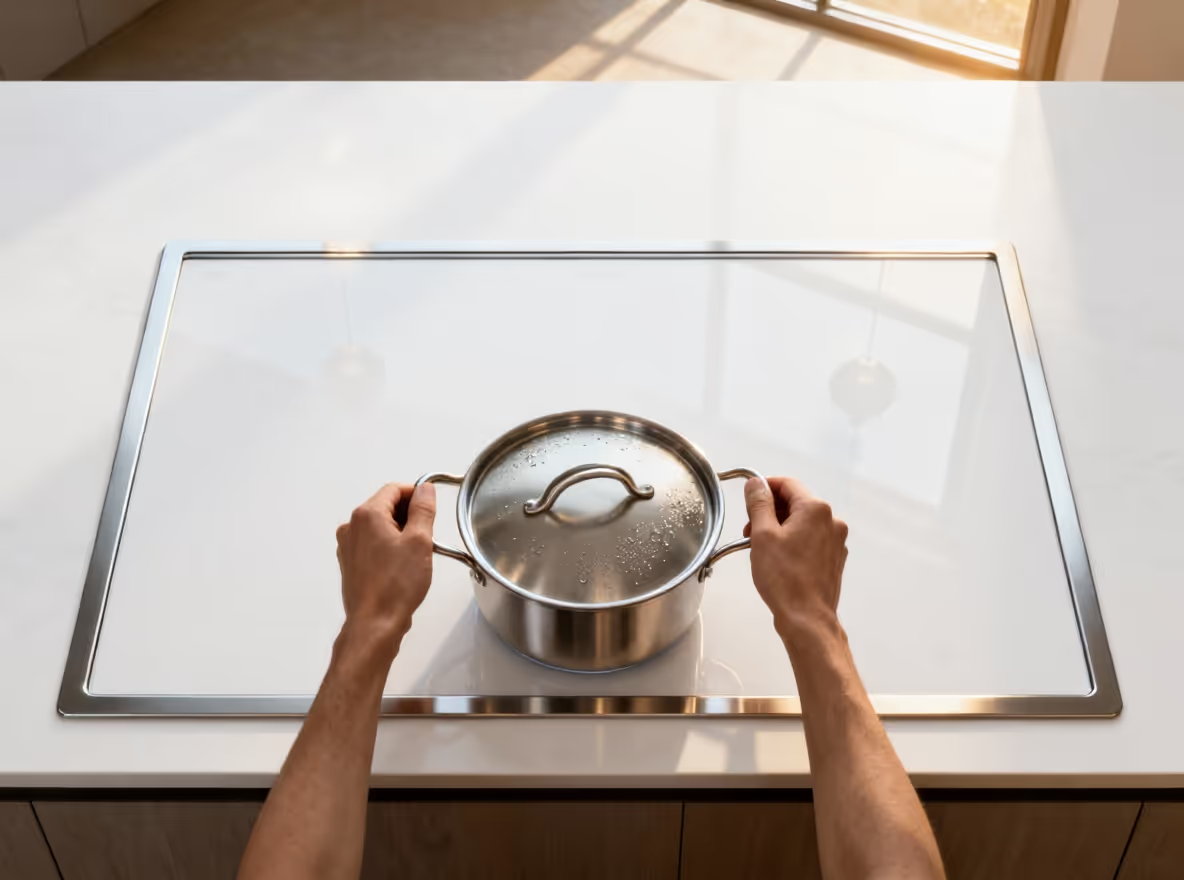



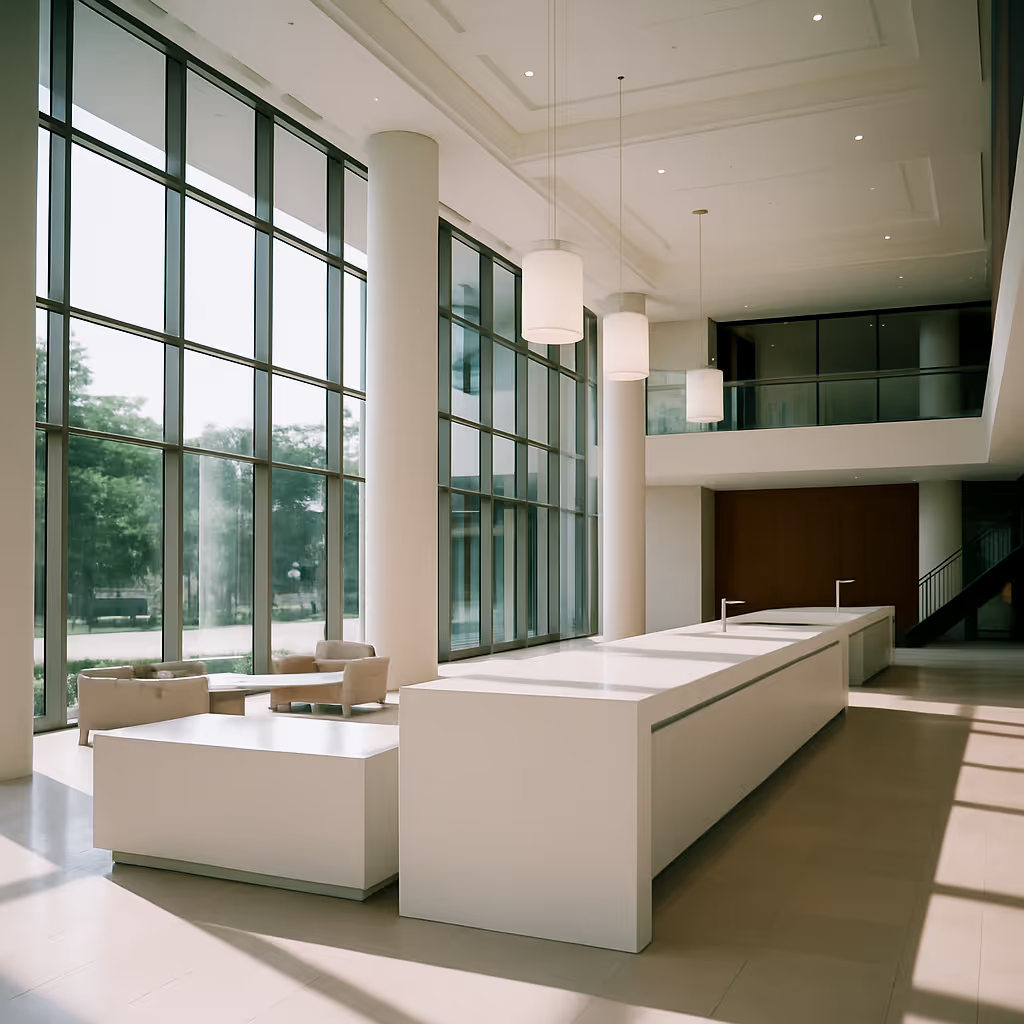
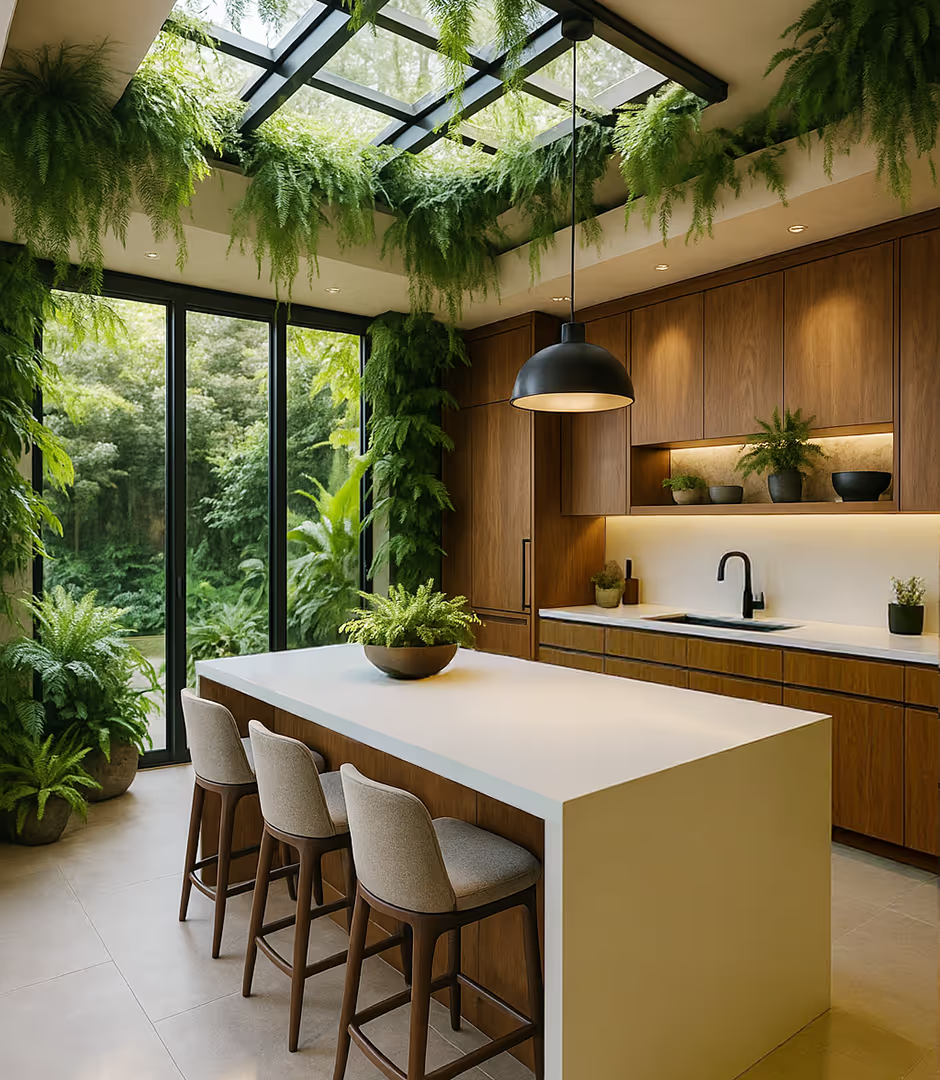
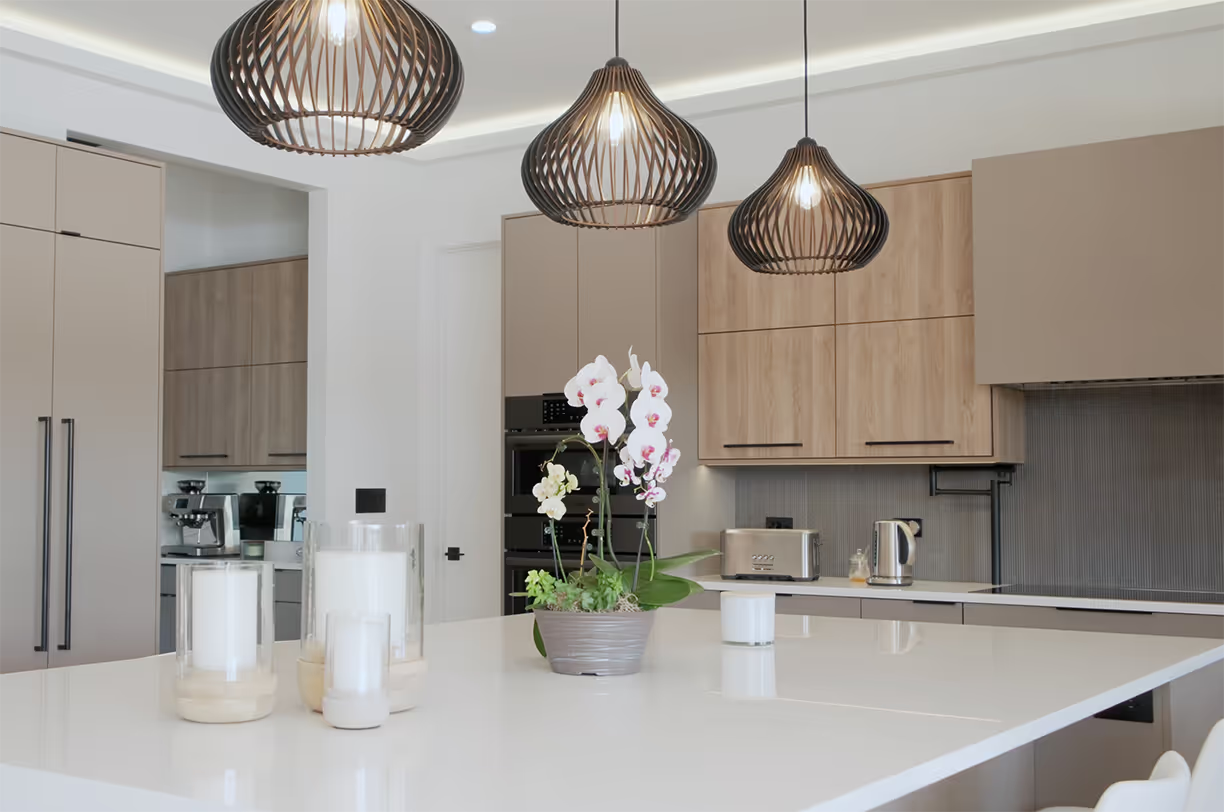
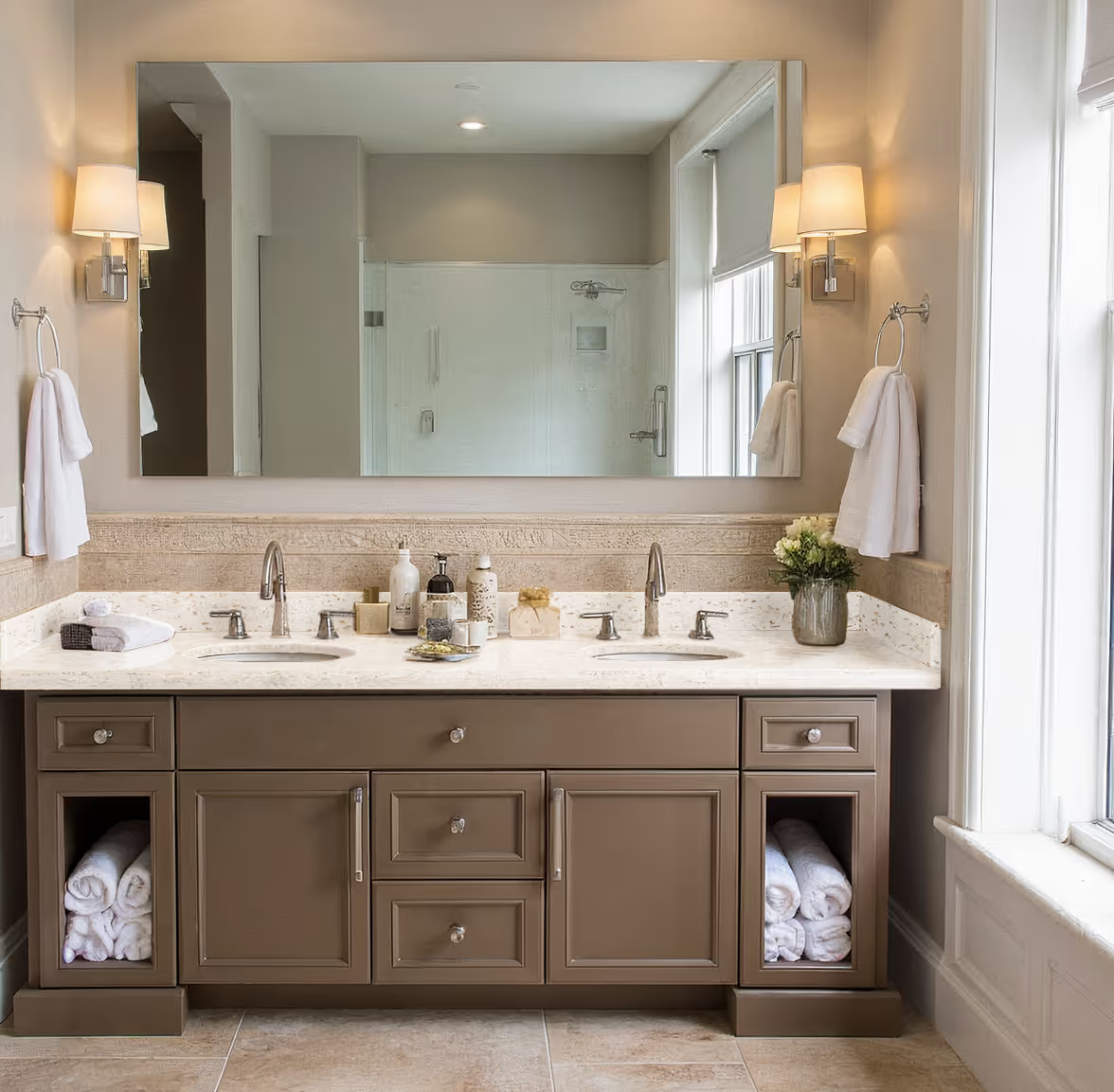
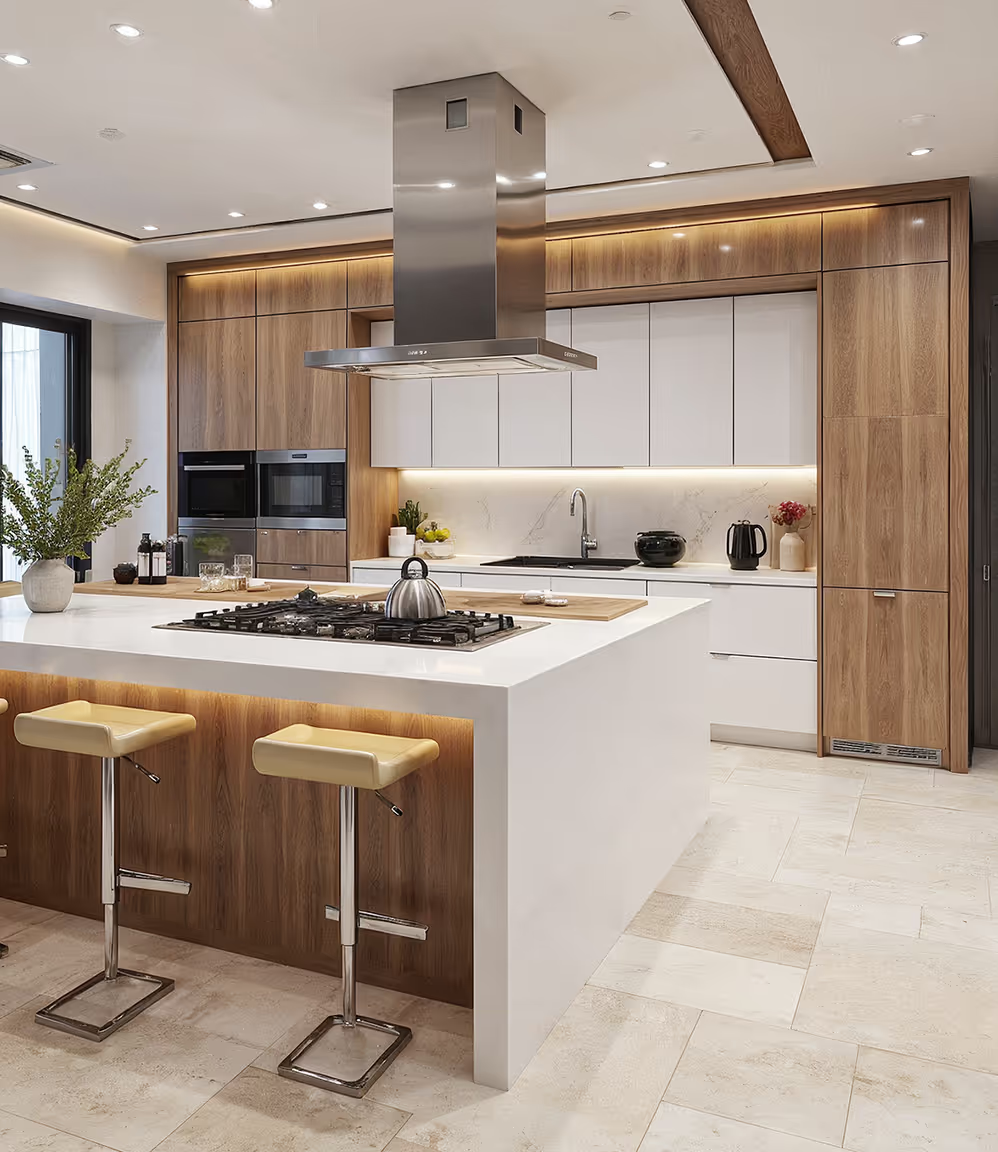
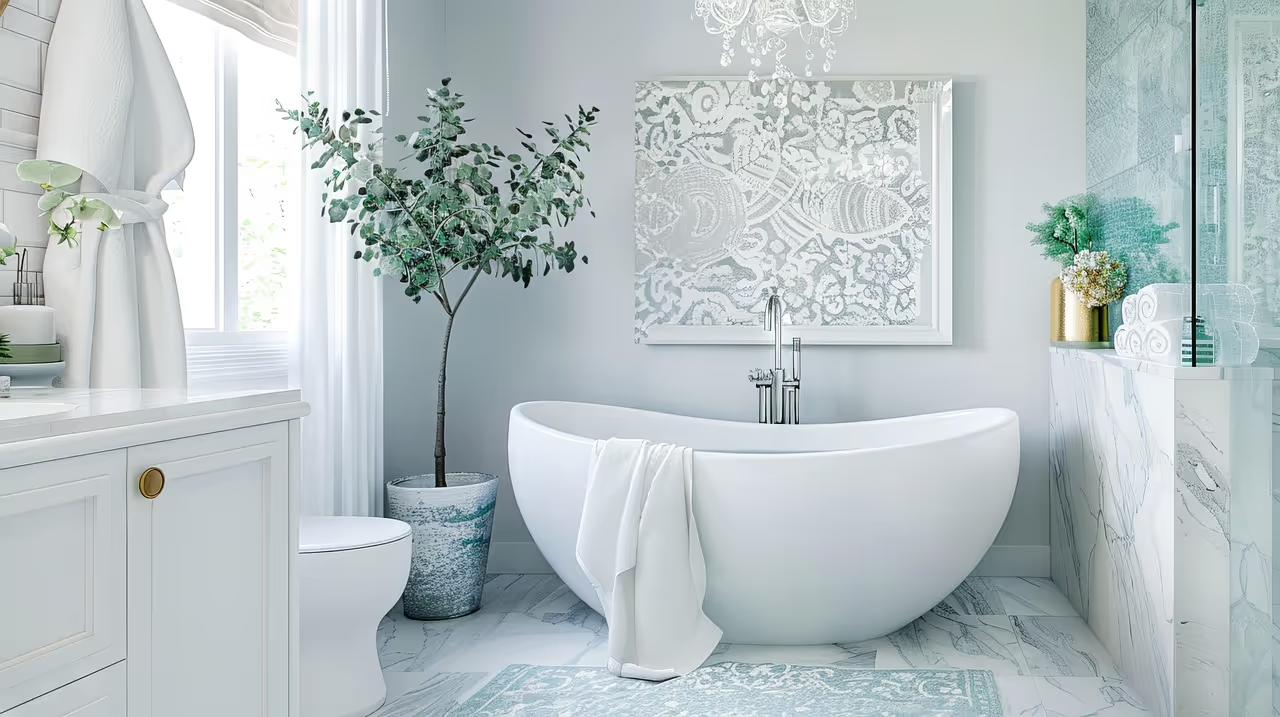
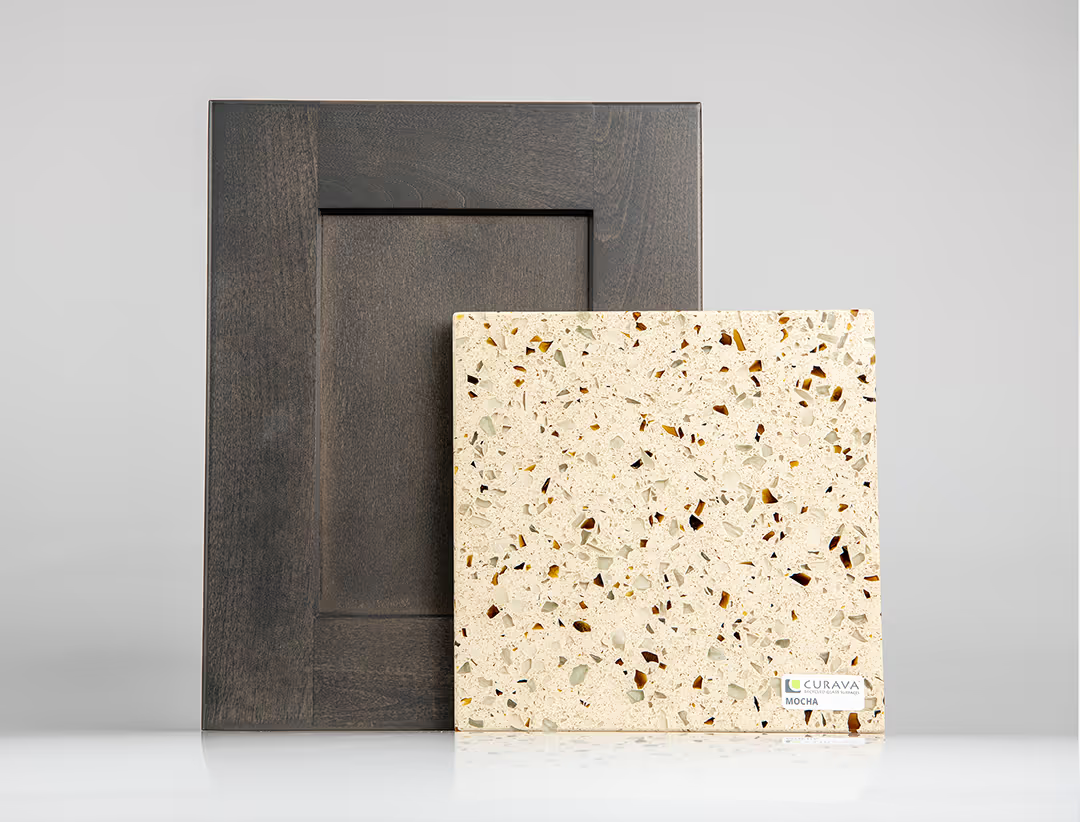
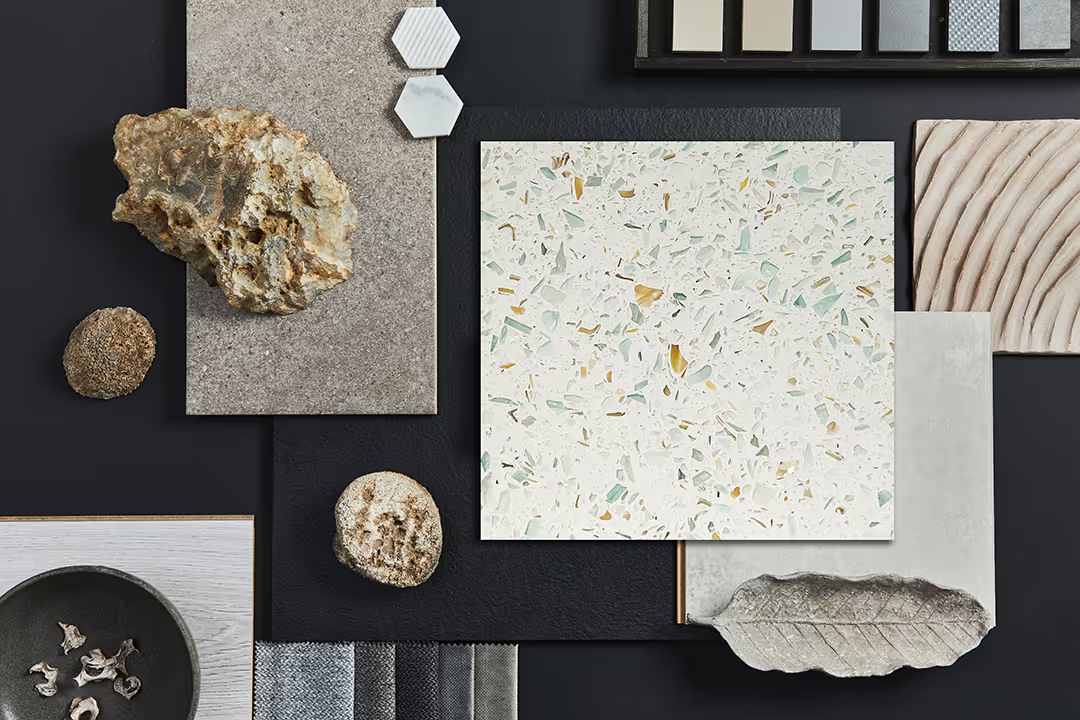
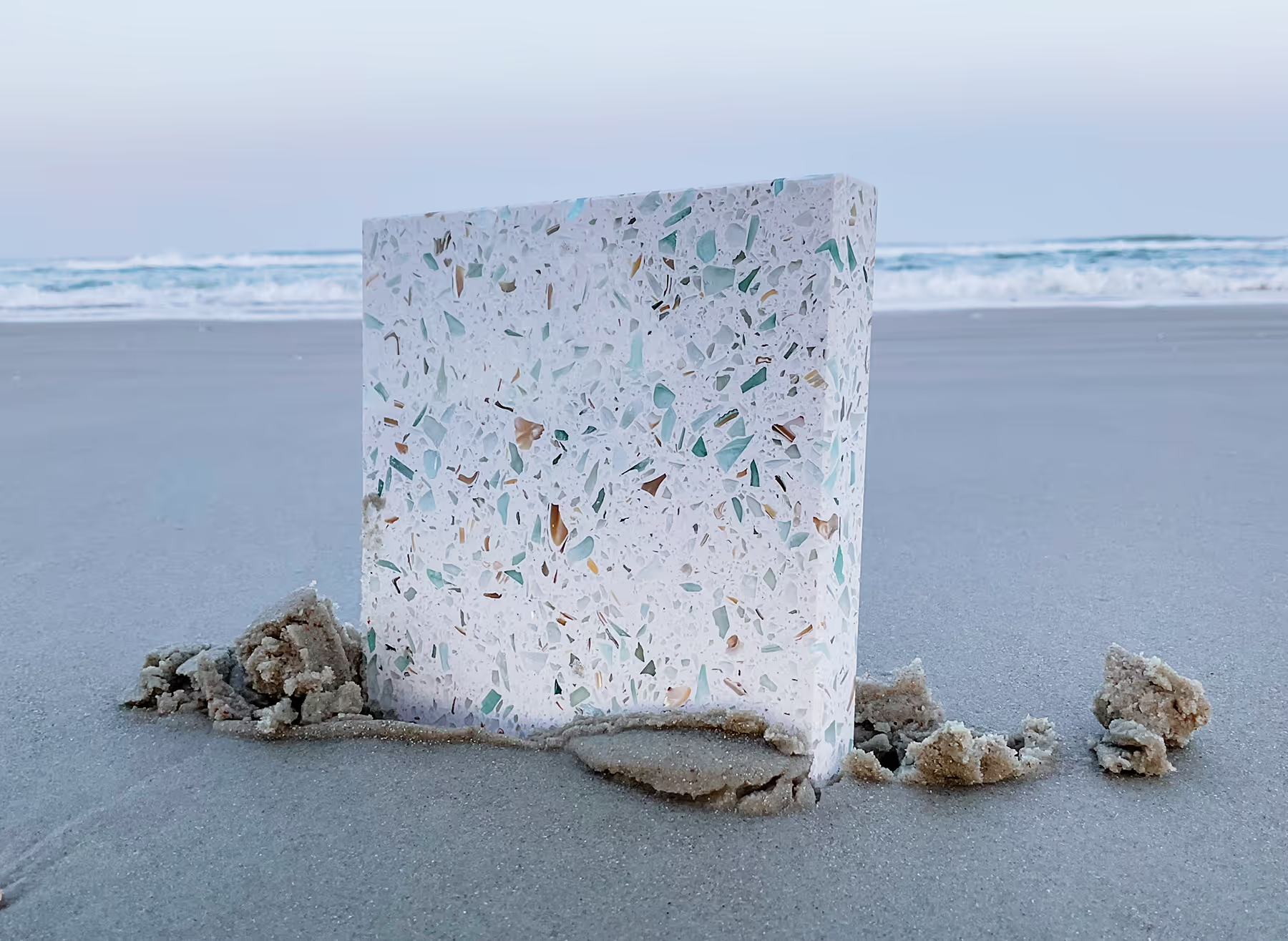
A Coastal-Inspired New Masterpiece
READ MORE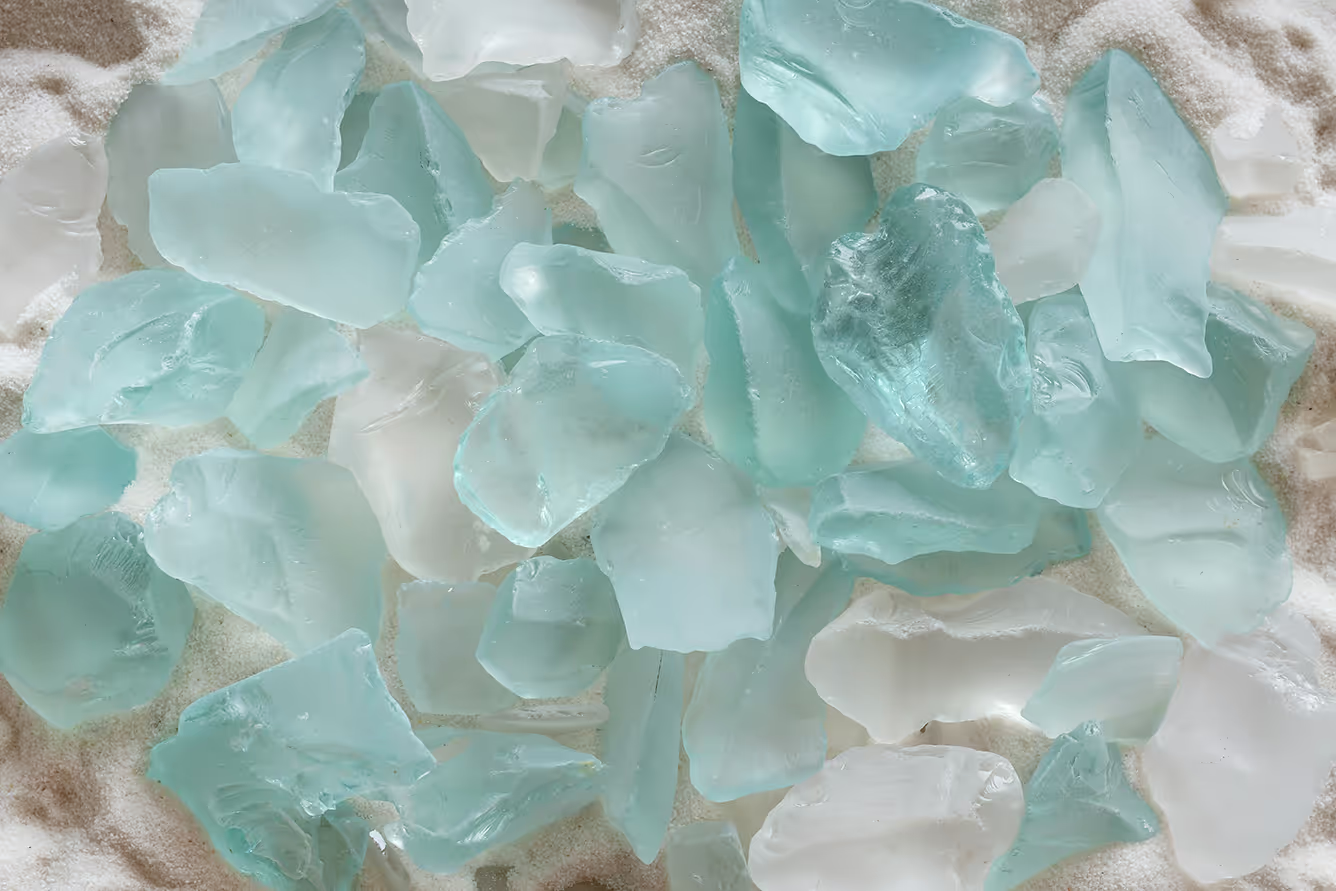
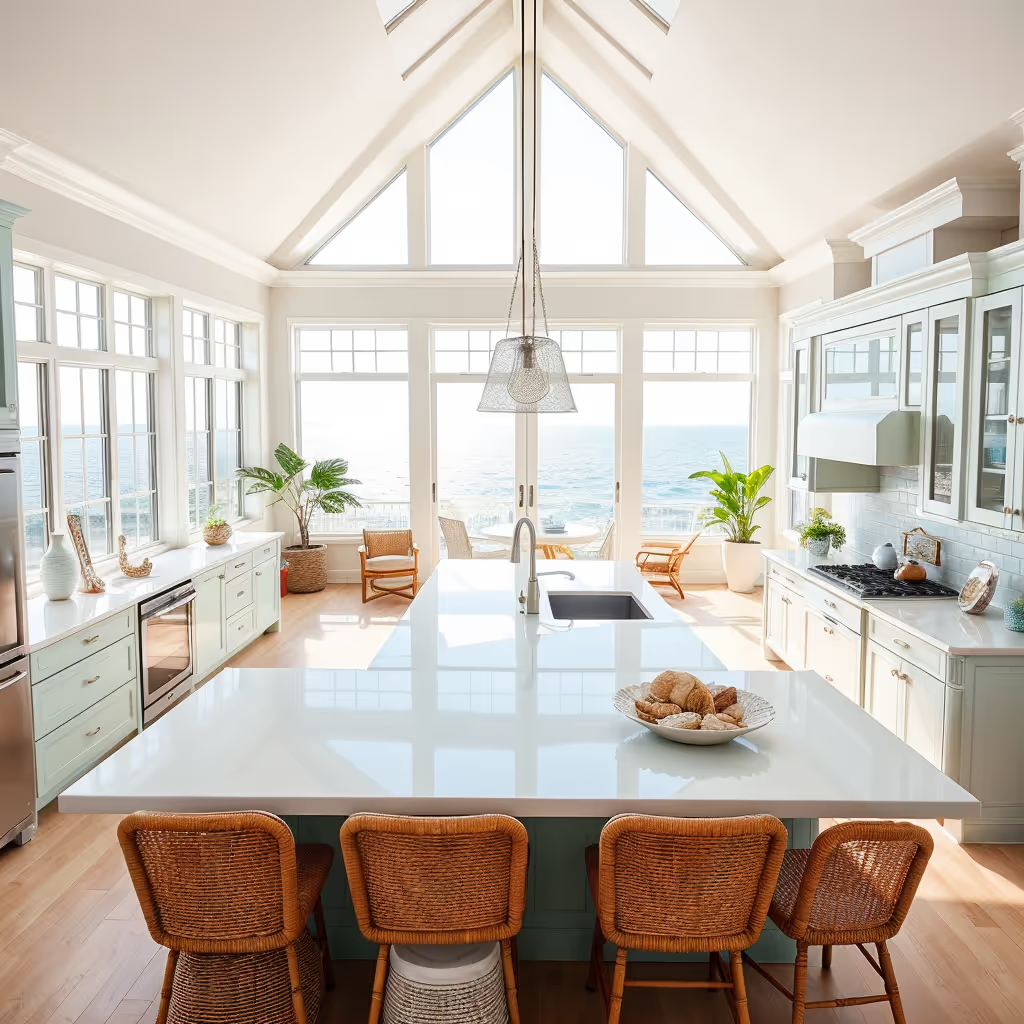
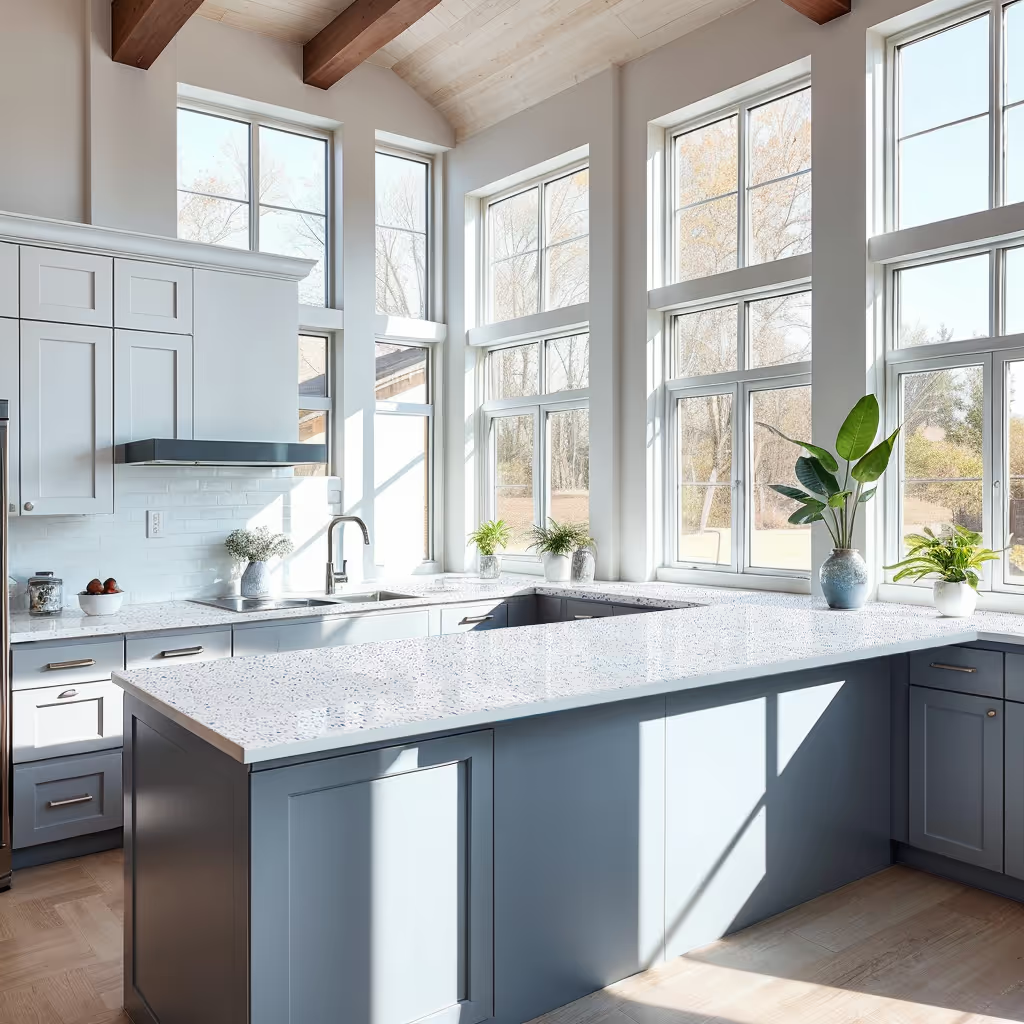
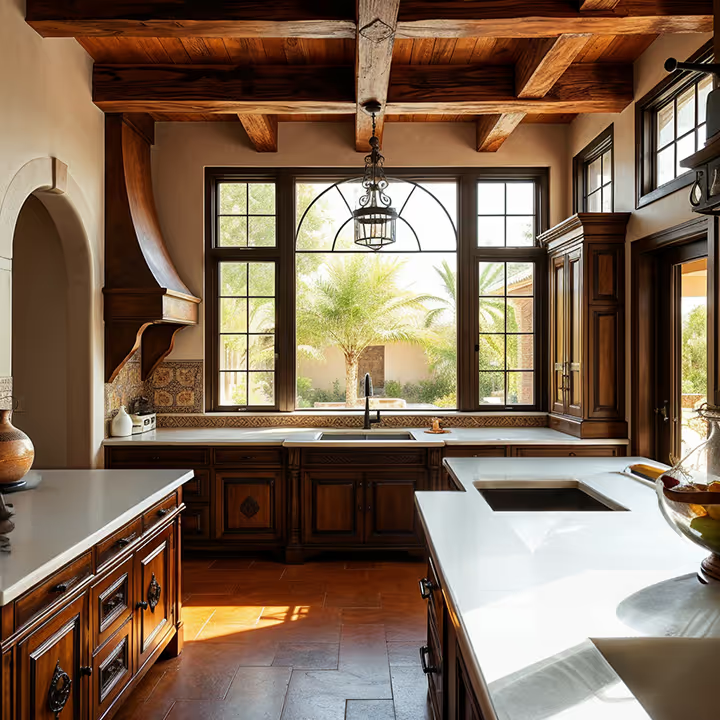
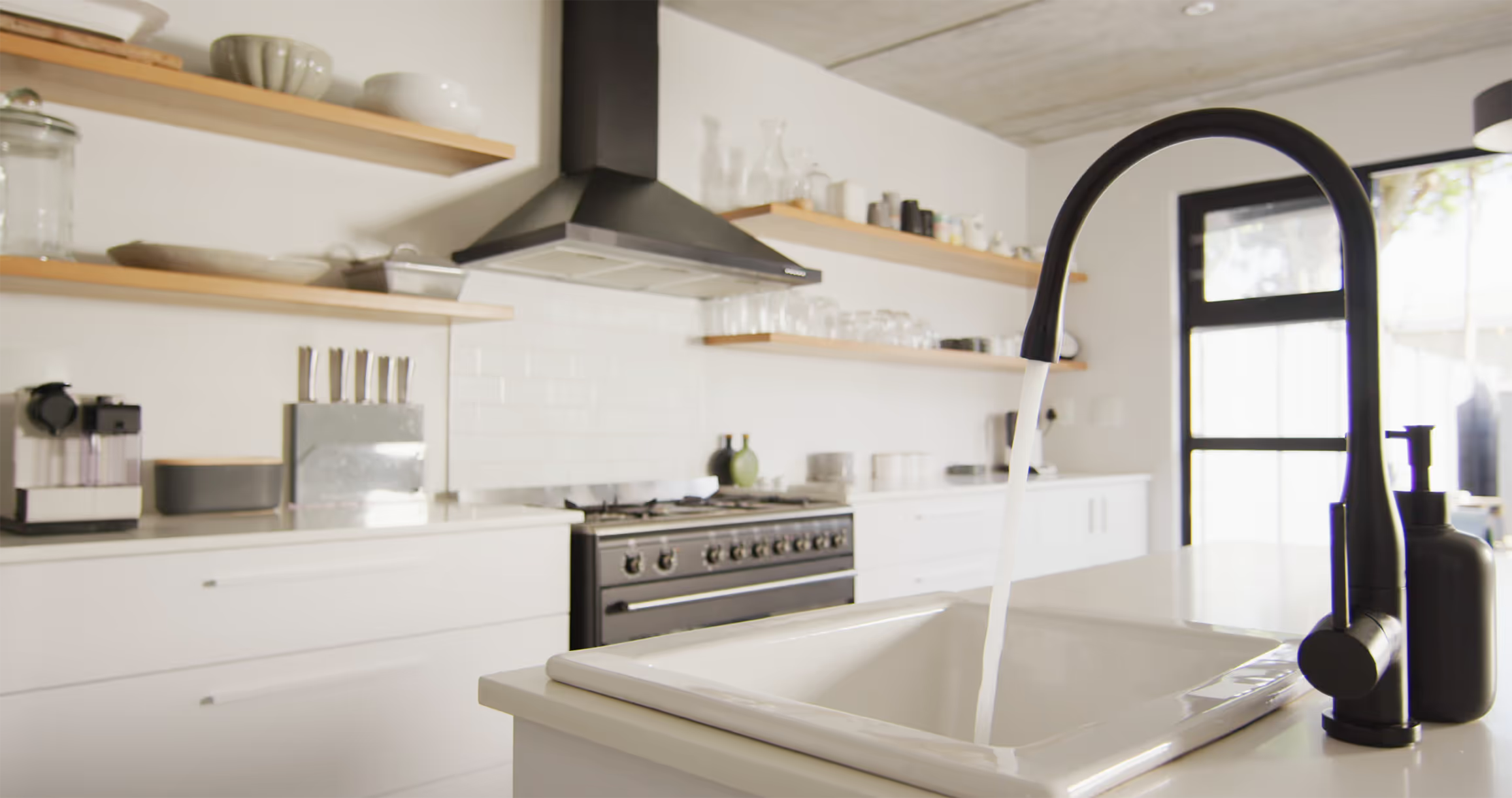
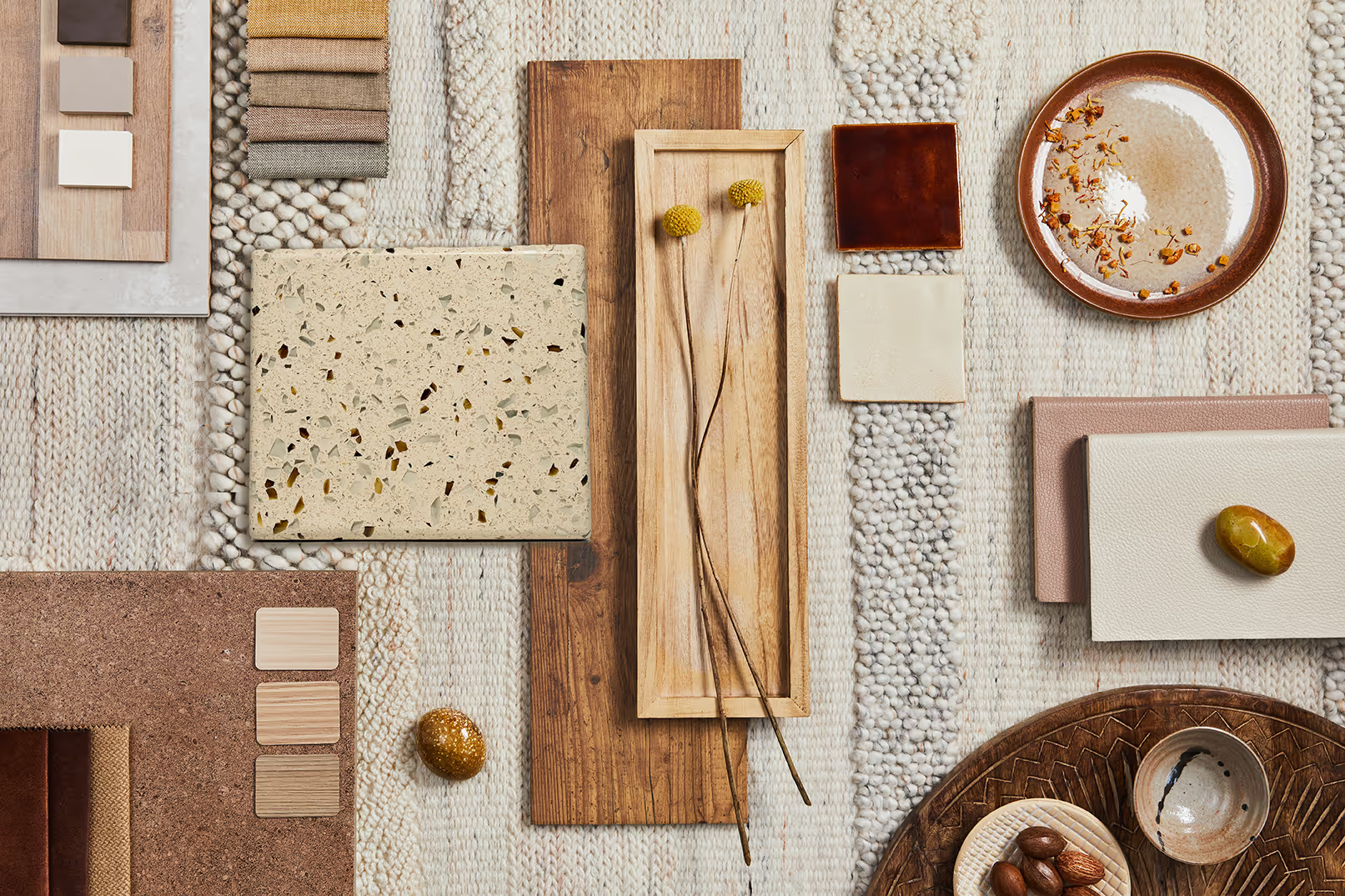
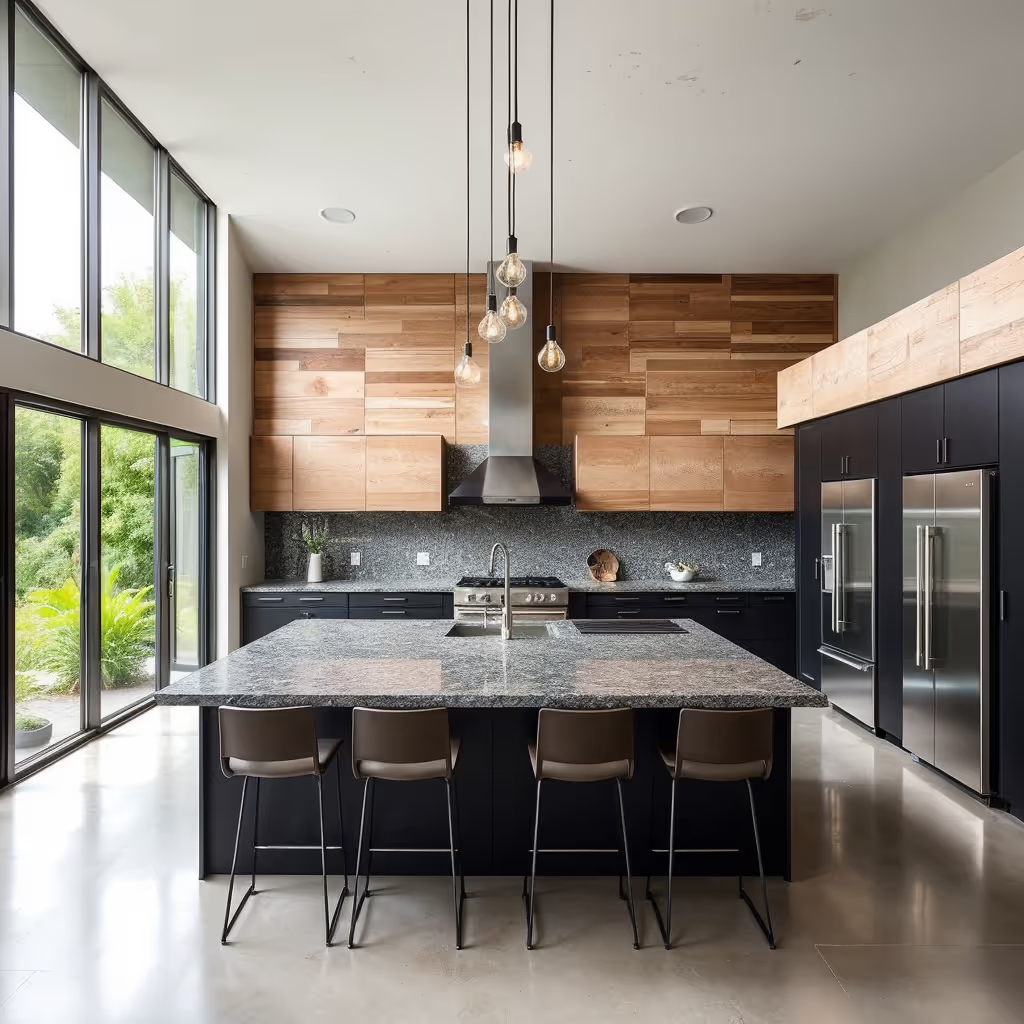

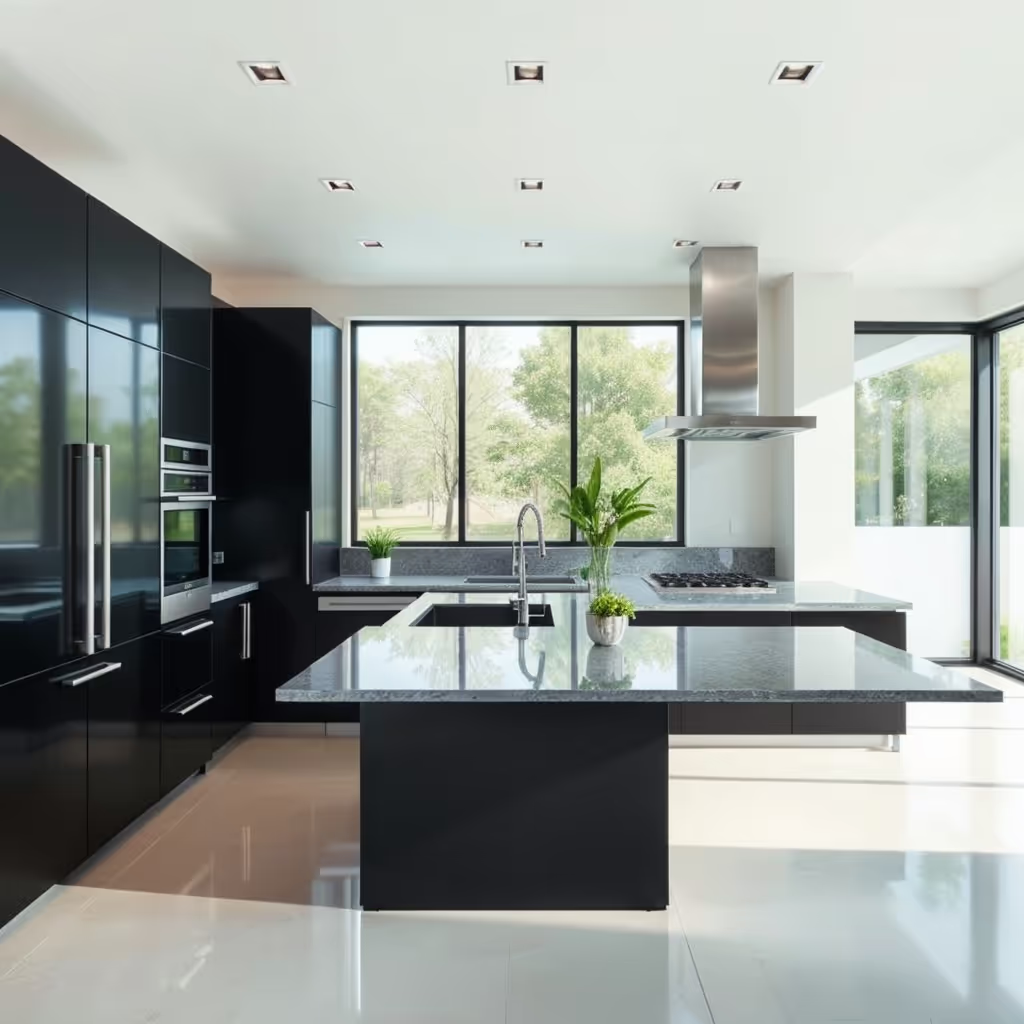
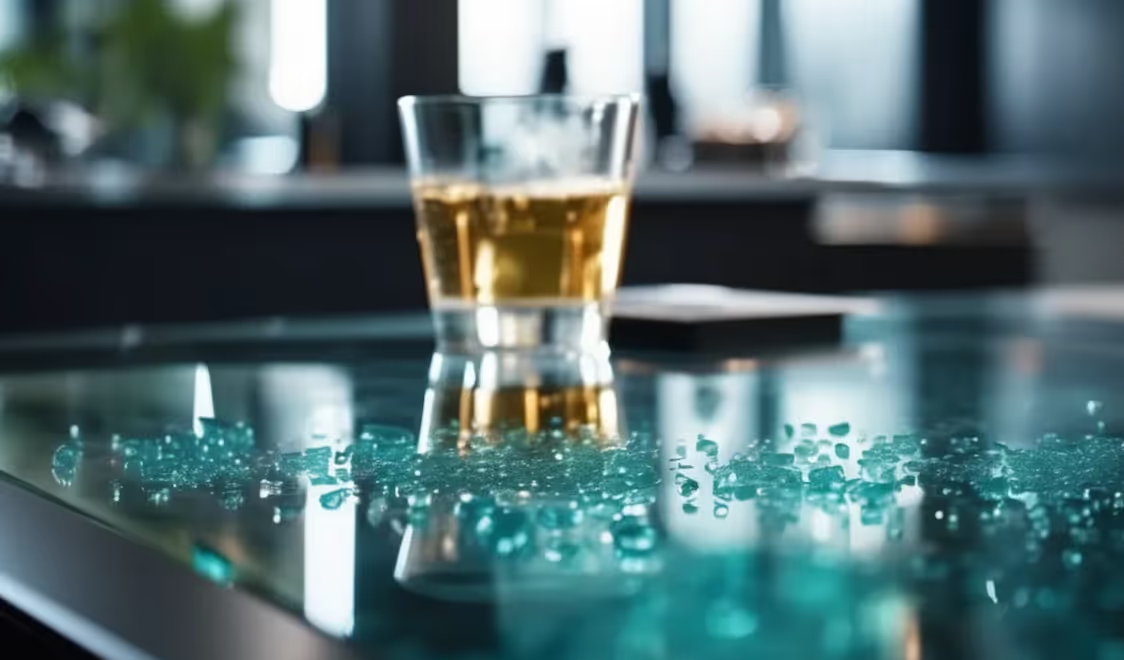
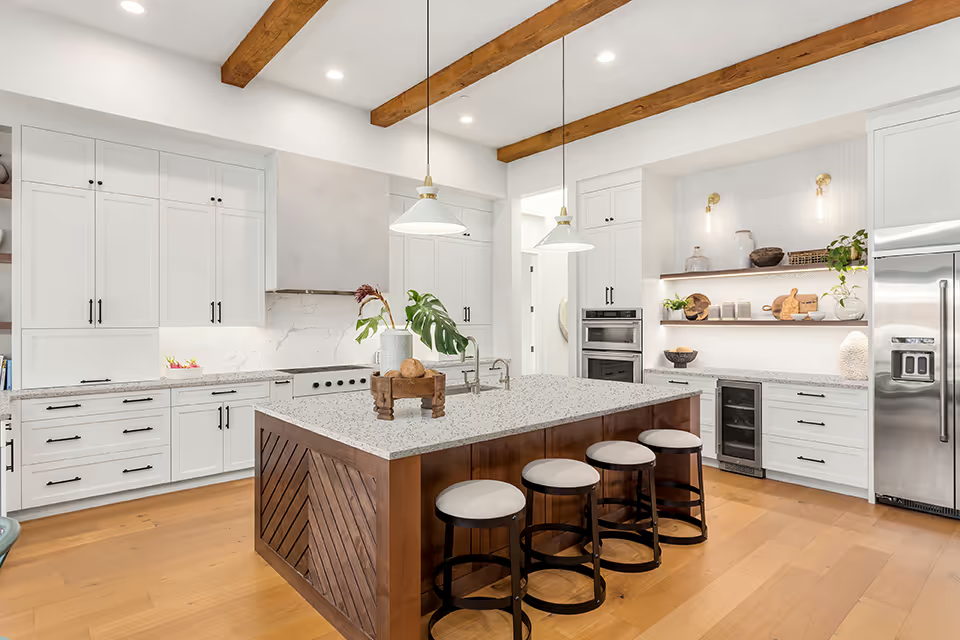
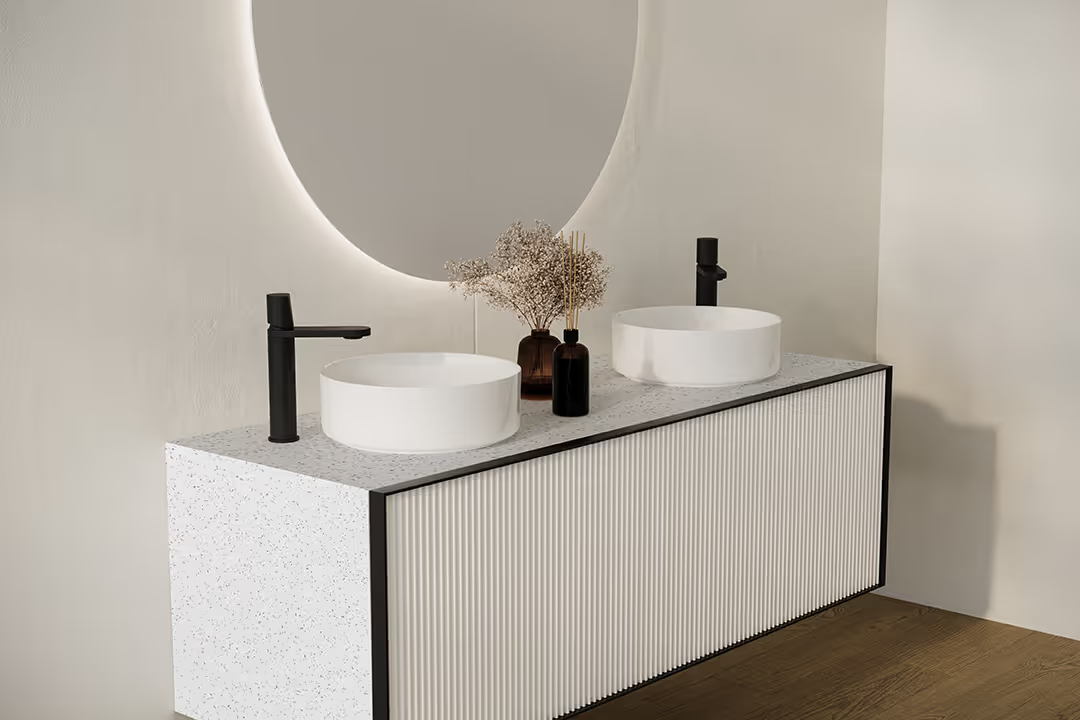
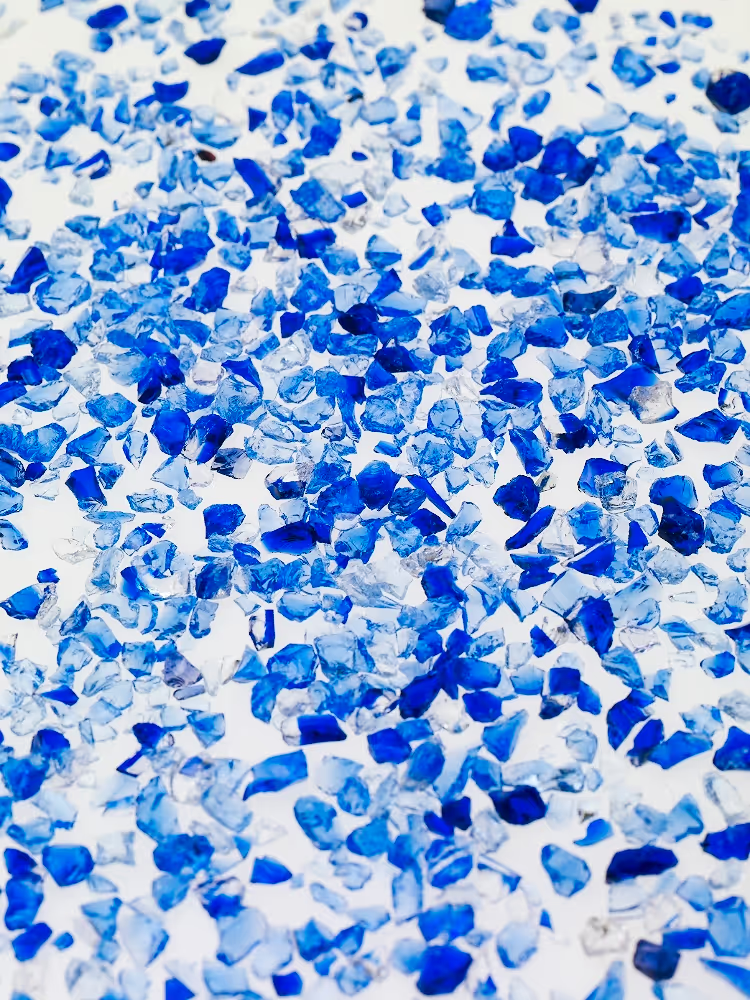
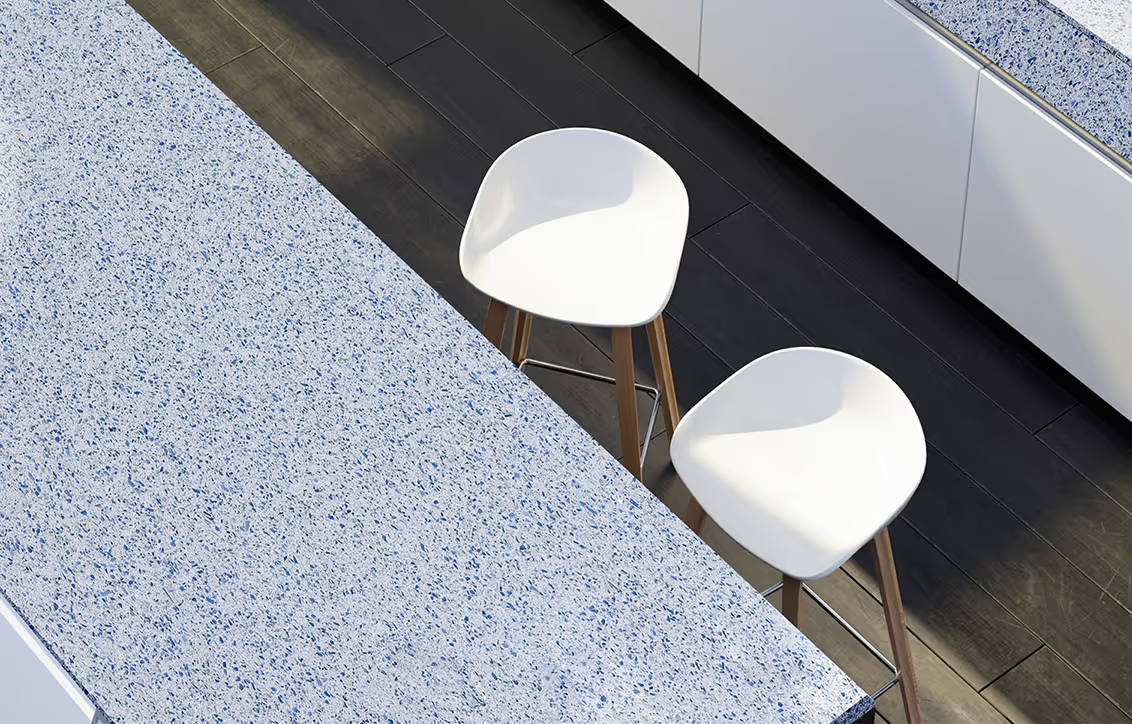
Businesses strive for work environments reflective of their values and enhance brand image with sustainable countertops
READ MORE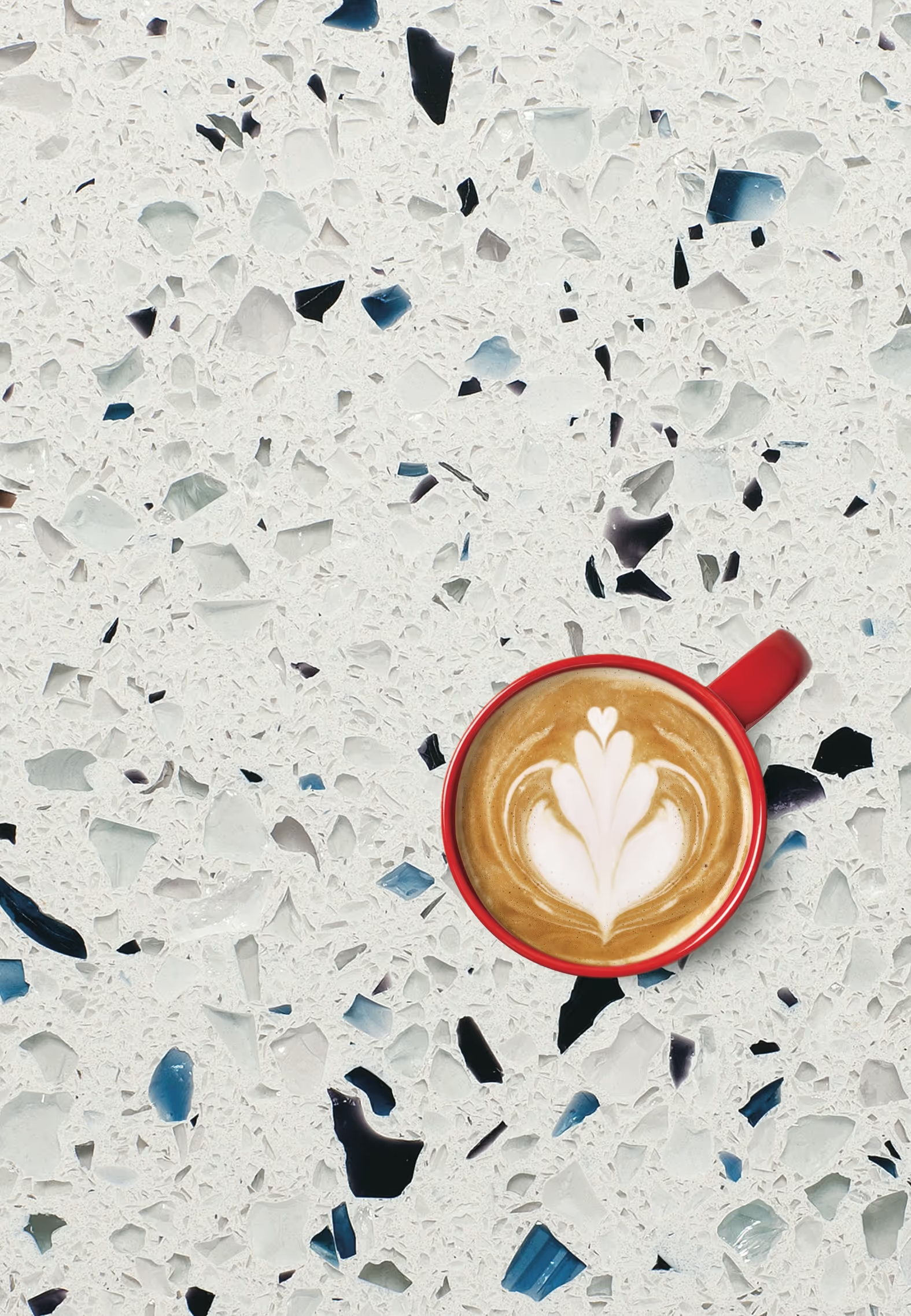
Recycled glass countertops offer unmatched durability, resistance, and aesthetic appeal.
READ MORE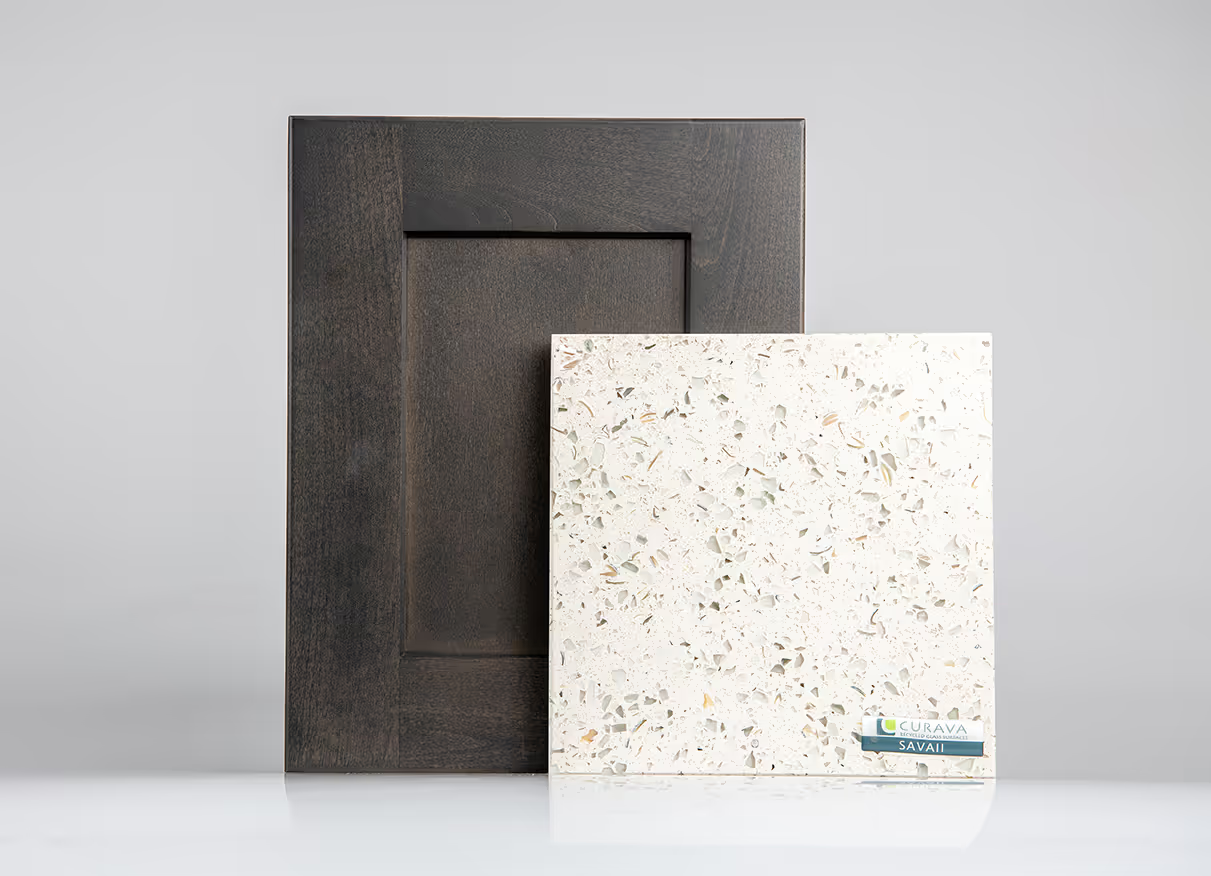
Create a cohesive and visually appealing design space
READ MORE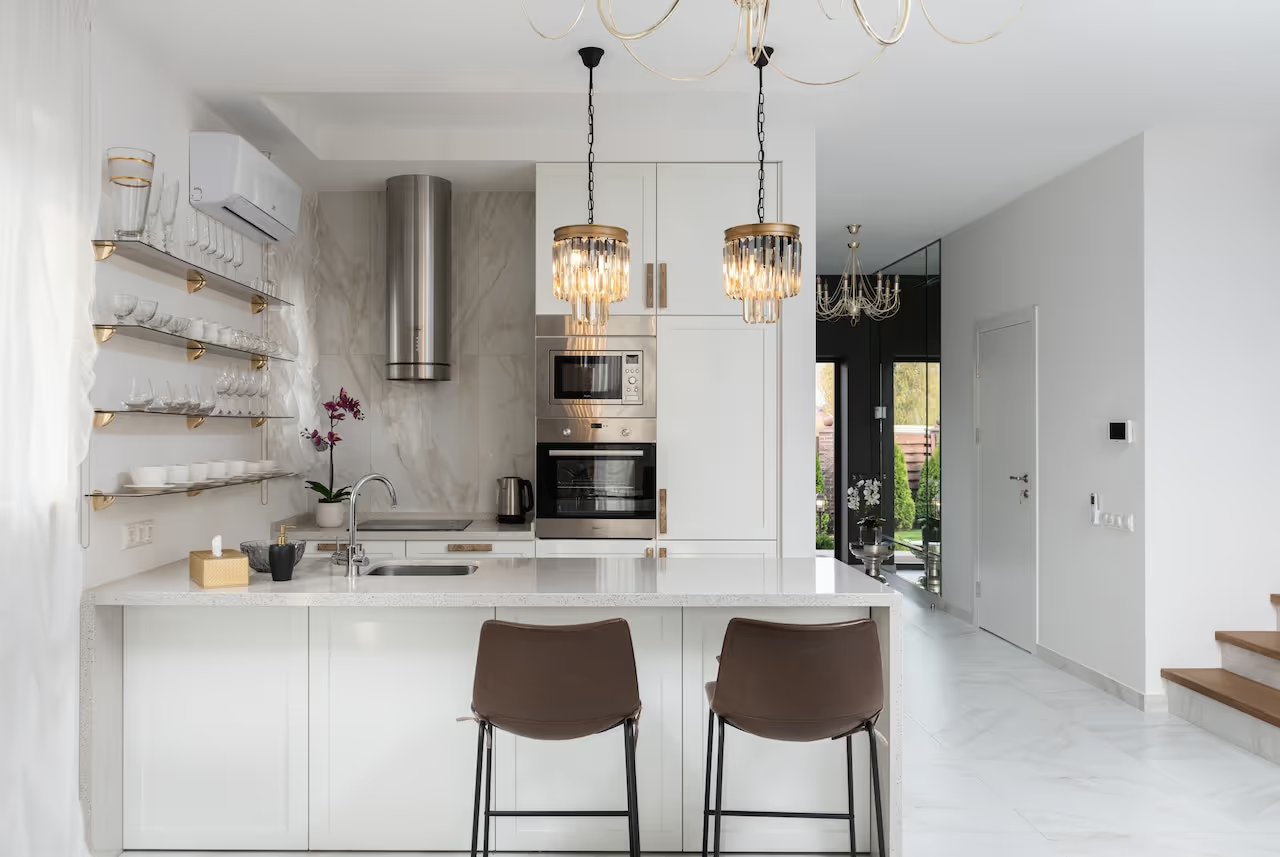
Transcend Typical Design with Radiant Glass Countertops: Add Timeless Elegance to Your Space
READ MORE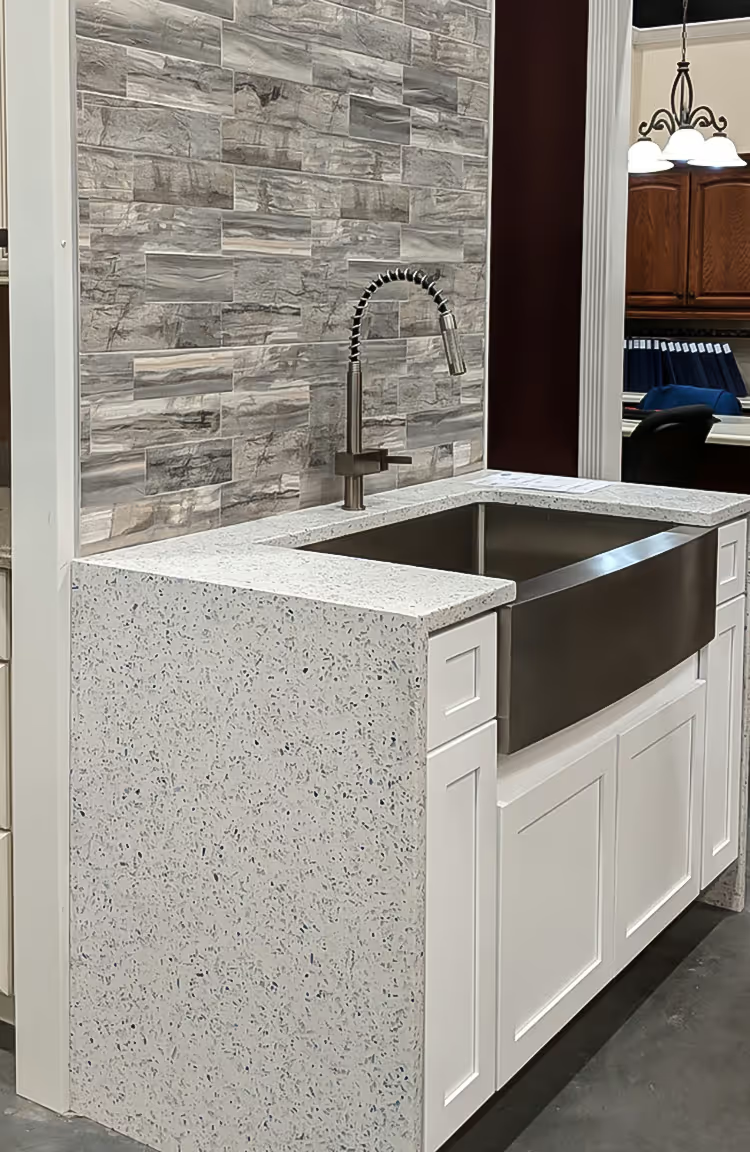
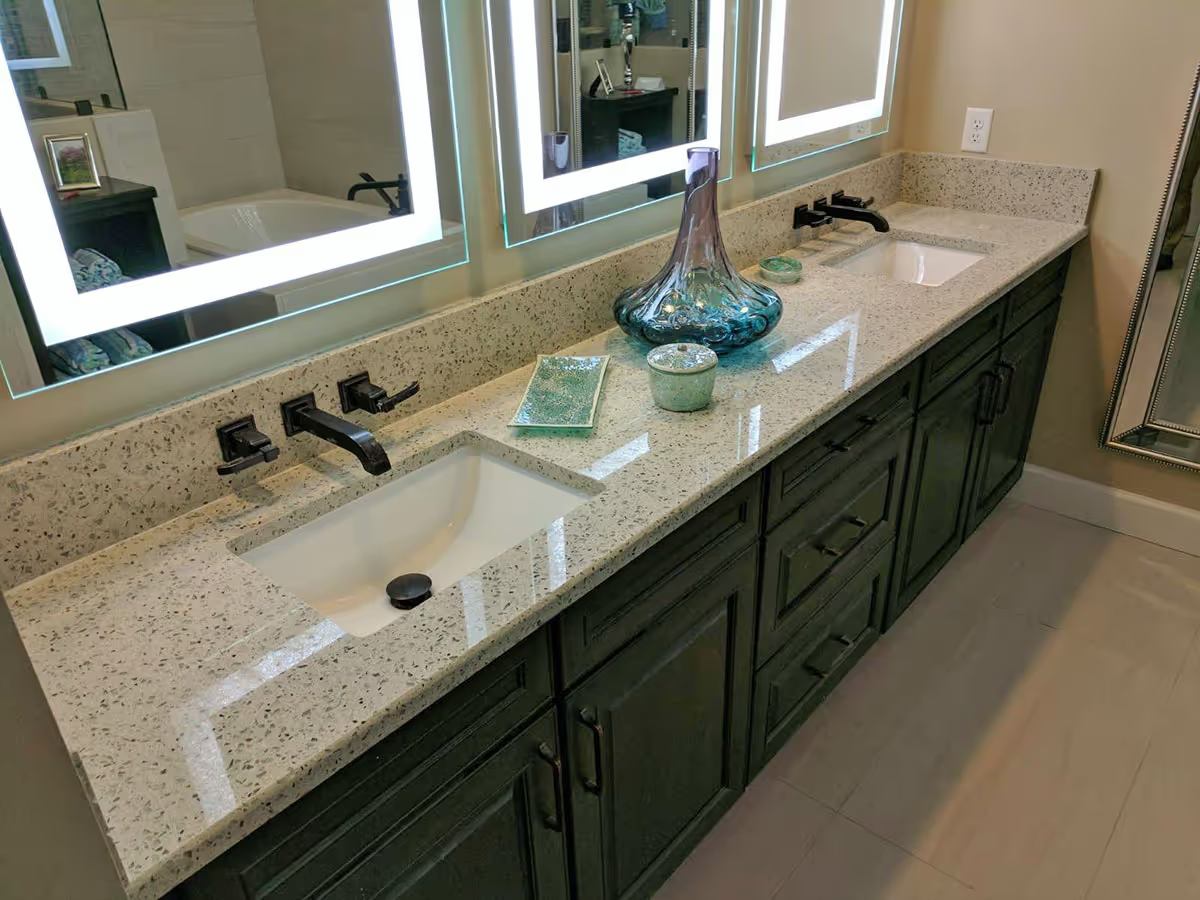
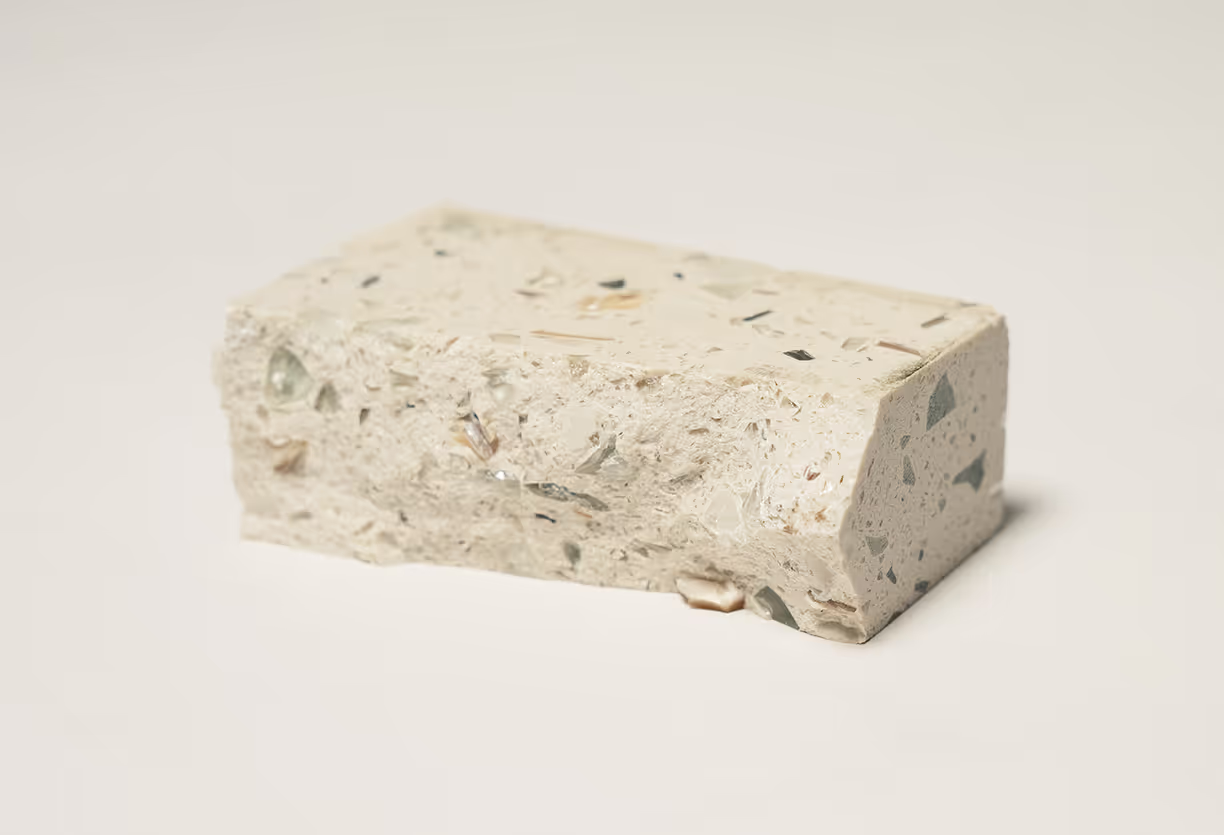
Environmental and health benefits of lower levels crystalline silica content in recycled glass countertops, compared to quartz.
READ MORE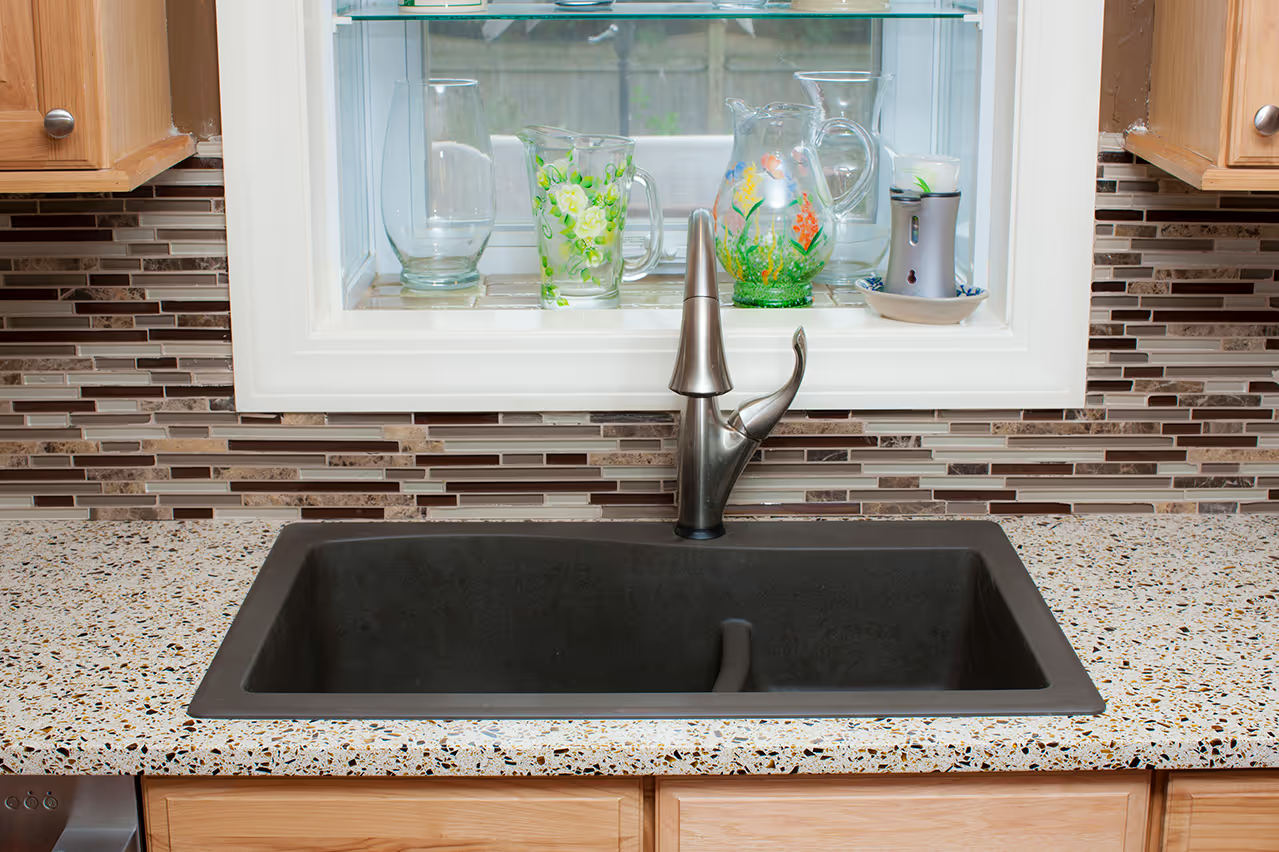
Harmonizing hues and crafting countertops with unyielding resilience, ensuring your kitchen or bathroom becomes an enduring masterpiece that stands the test of time.
READ MORE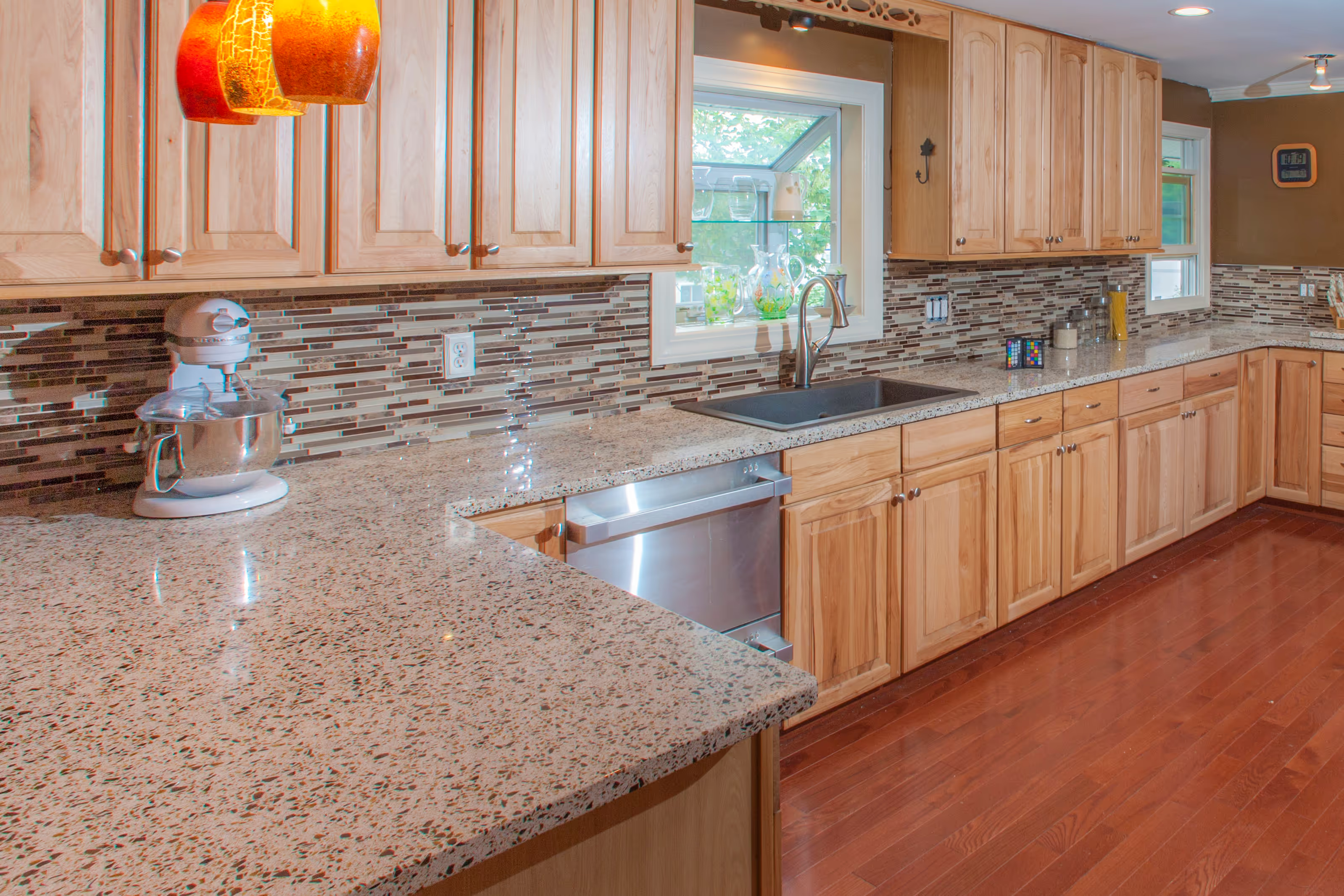
Make informed decisions that prioritize effective communication and craftsmanship precision.
READ MORE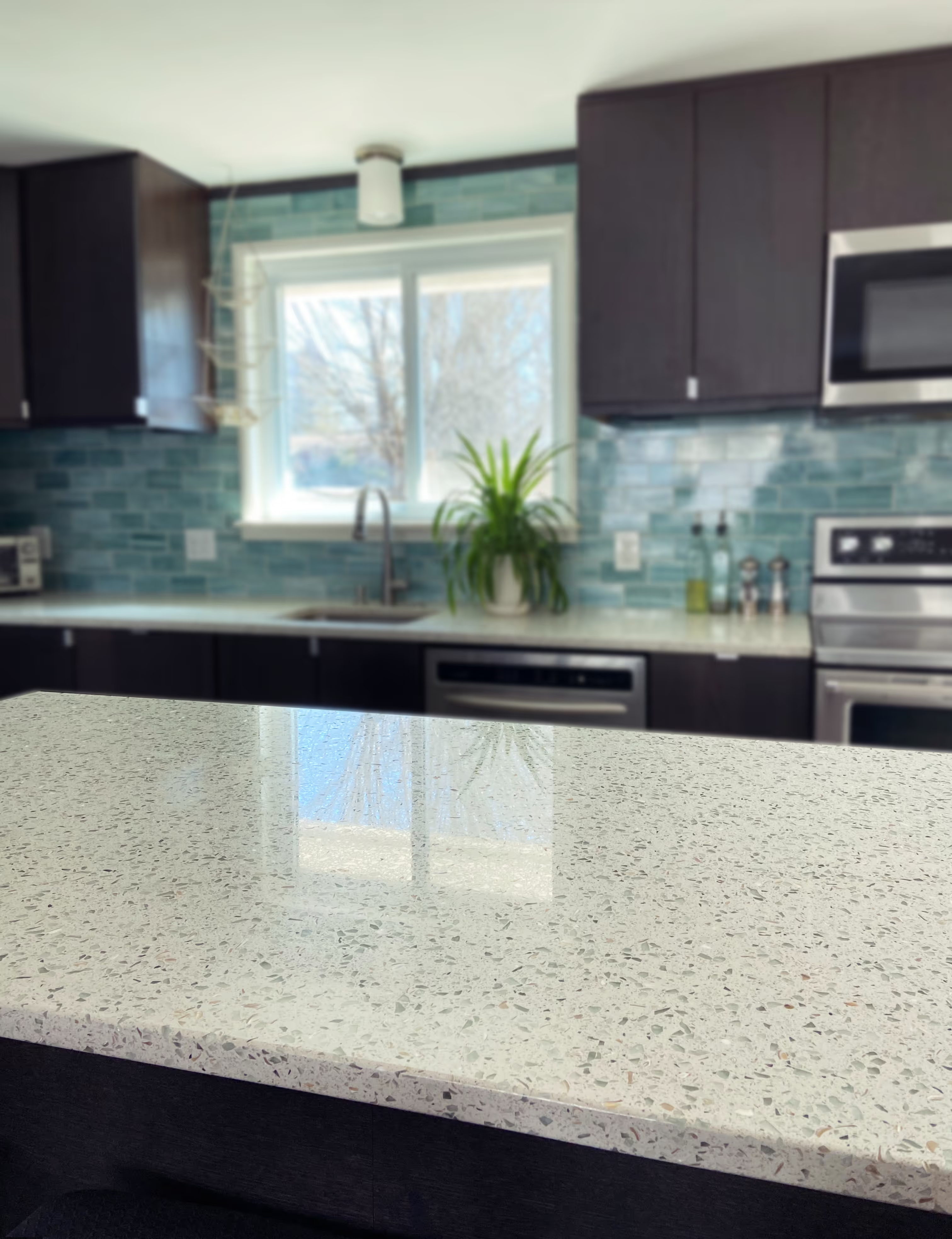
Discover the critical impact of warranties on your countertop investment, ensuring enduring quality, and navigate lead times for a kitchen or bathroom upgrade that's not just visually appealing but also aligned with your expectations.
READ MORE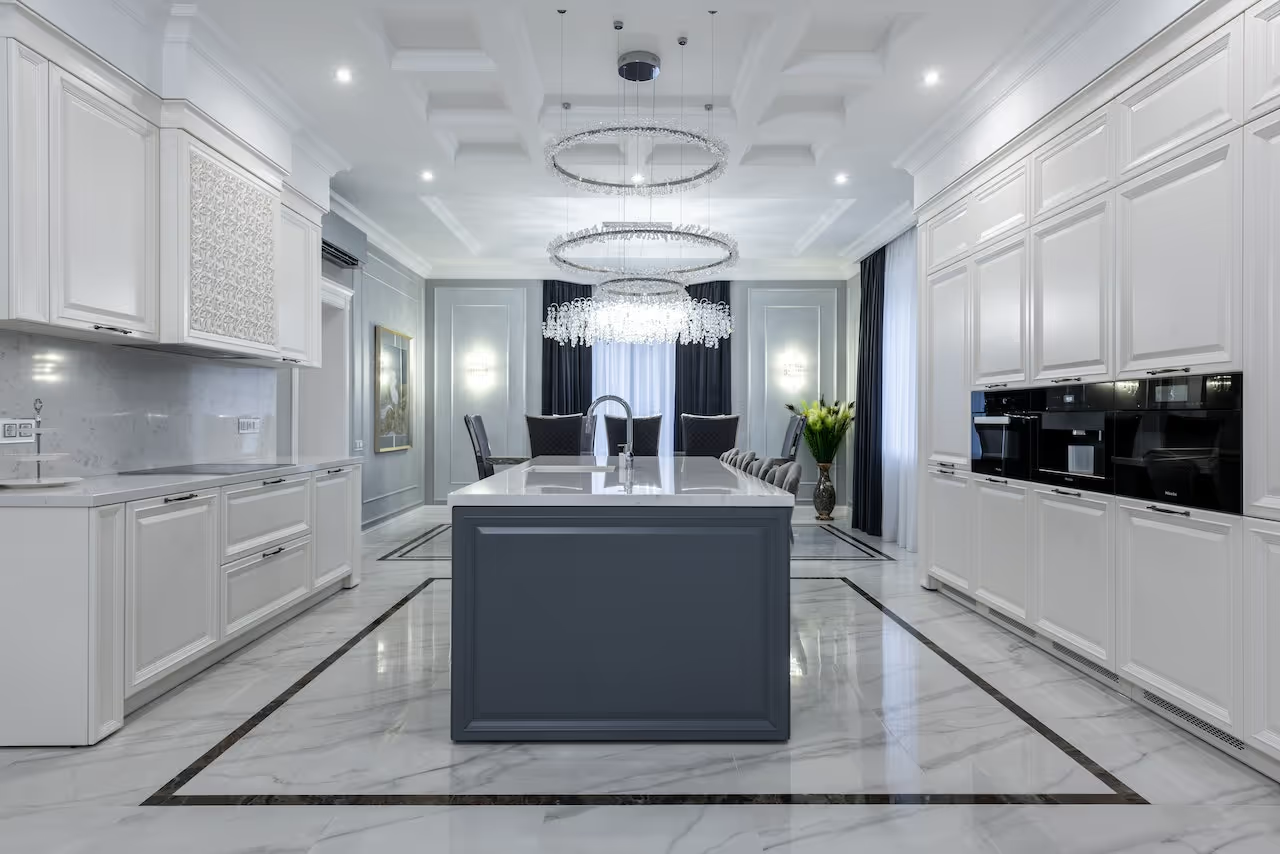
Choosing finishes that enhance the natural beauty of materials, and understanding the potential challenges related to stains and structural integrity of your countertops
READ MORE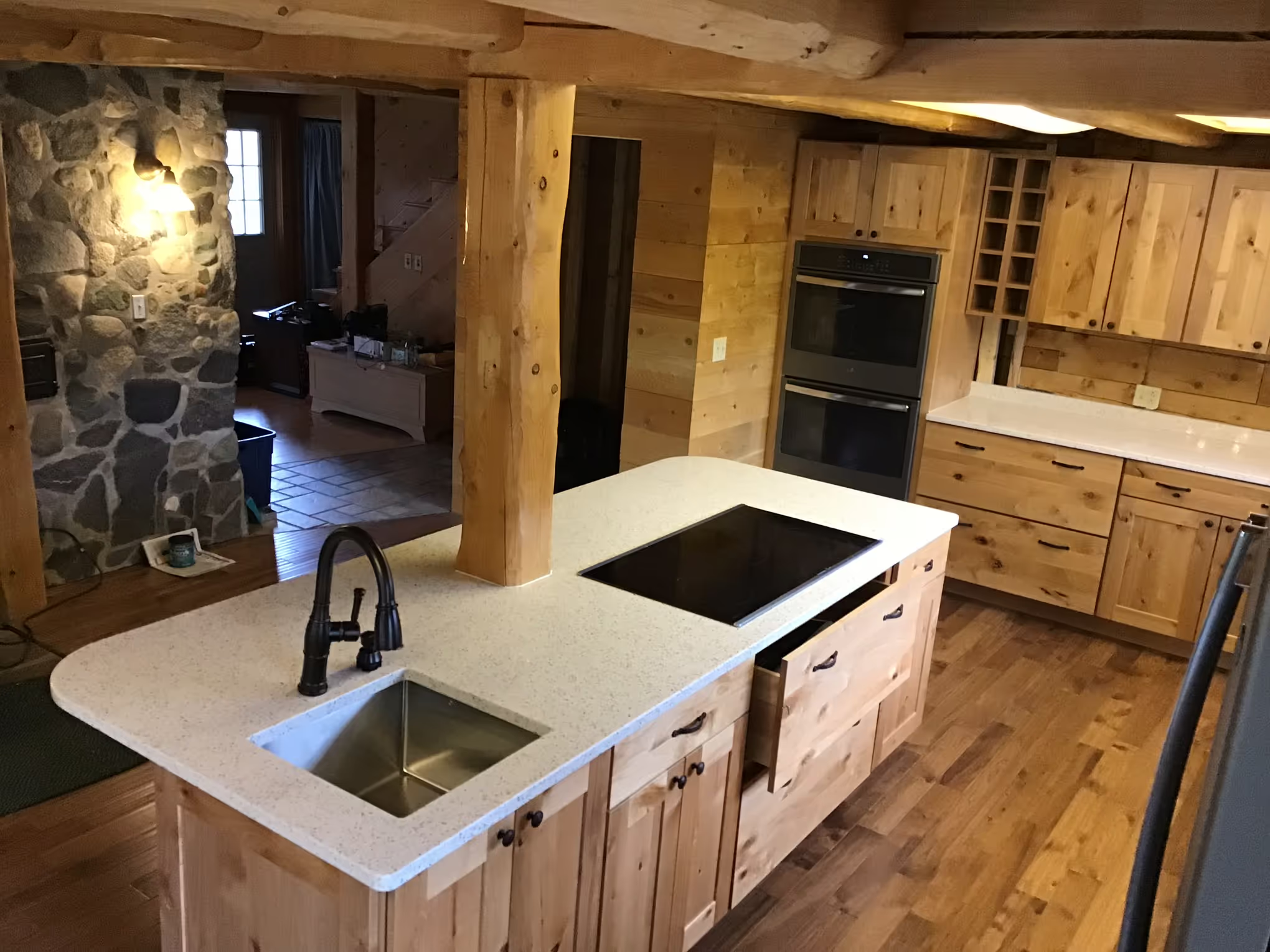
Transform Challenges into Triumphs
READ MORE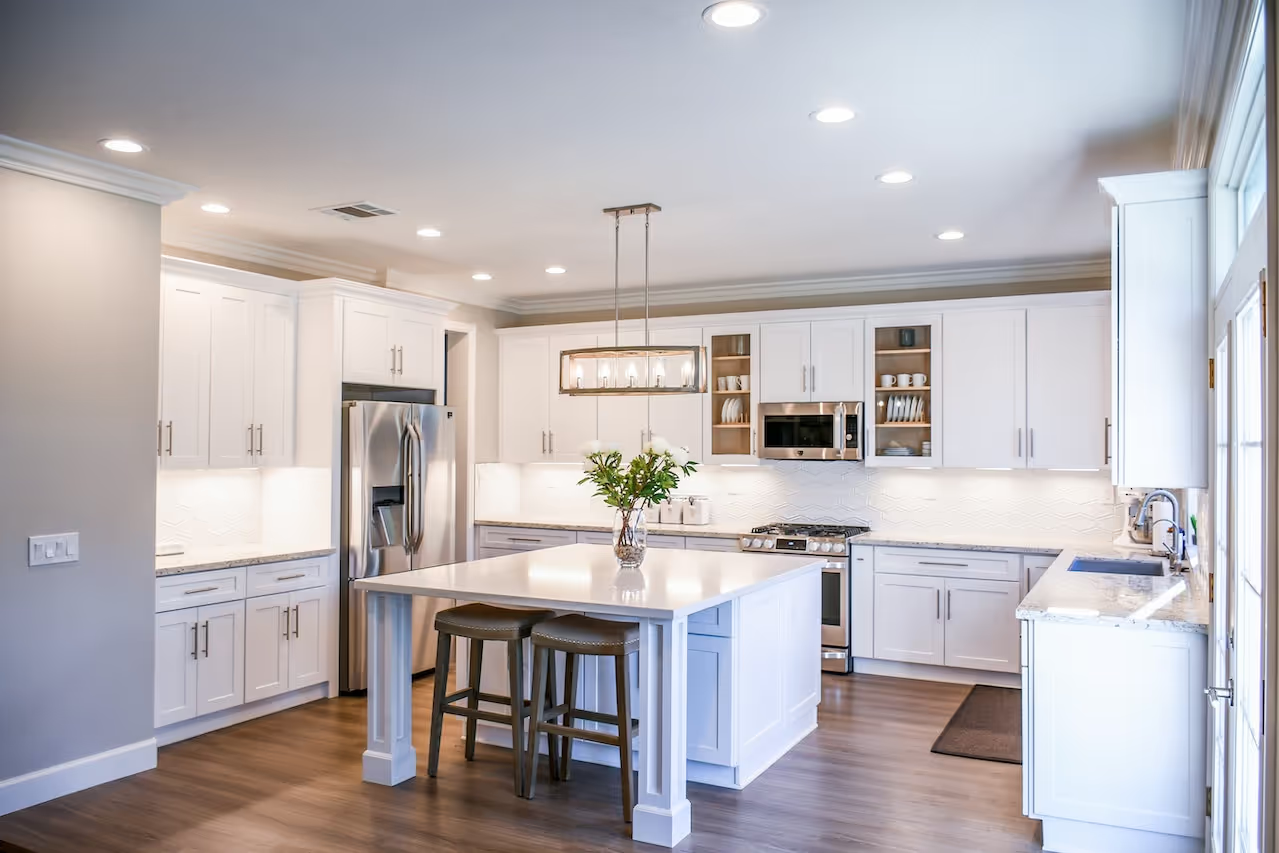
A stunning kitchen, bathroom, or bar highly depends on choosing quality countertops. Knowing what to look for is crucial for this investment, from prioritizing durability and maintenance to the importance of requesting a sample.
READ MORE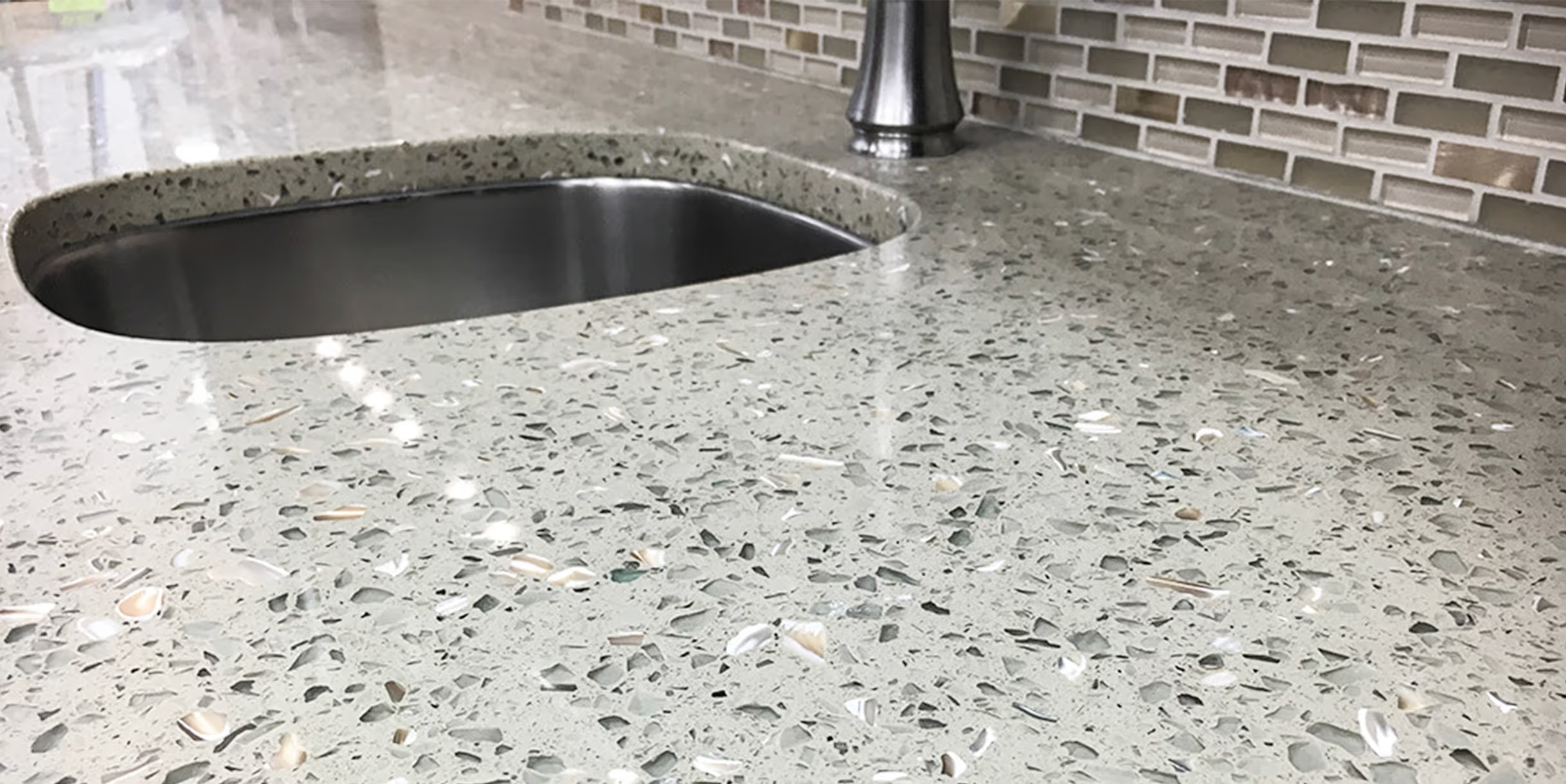
Common pitfalls selecting countertops and ensuring your purchase is a smooth process.
READ MORE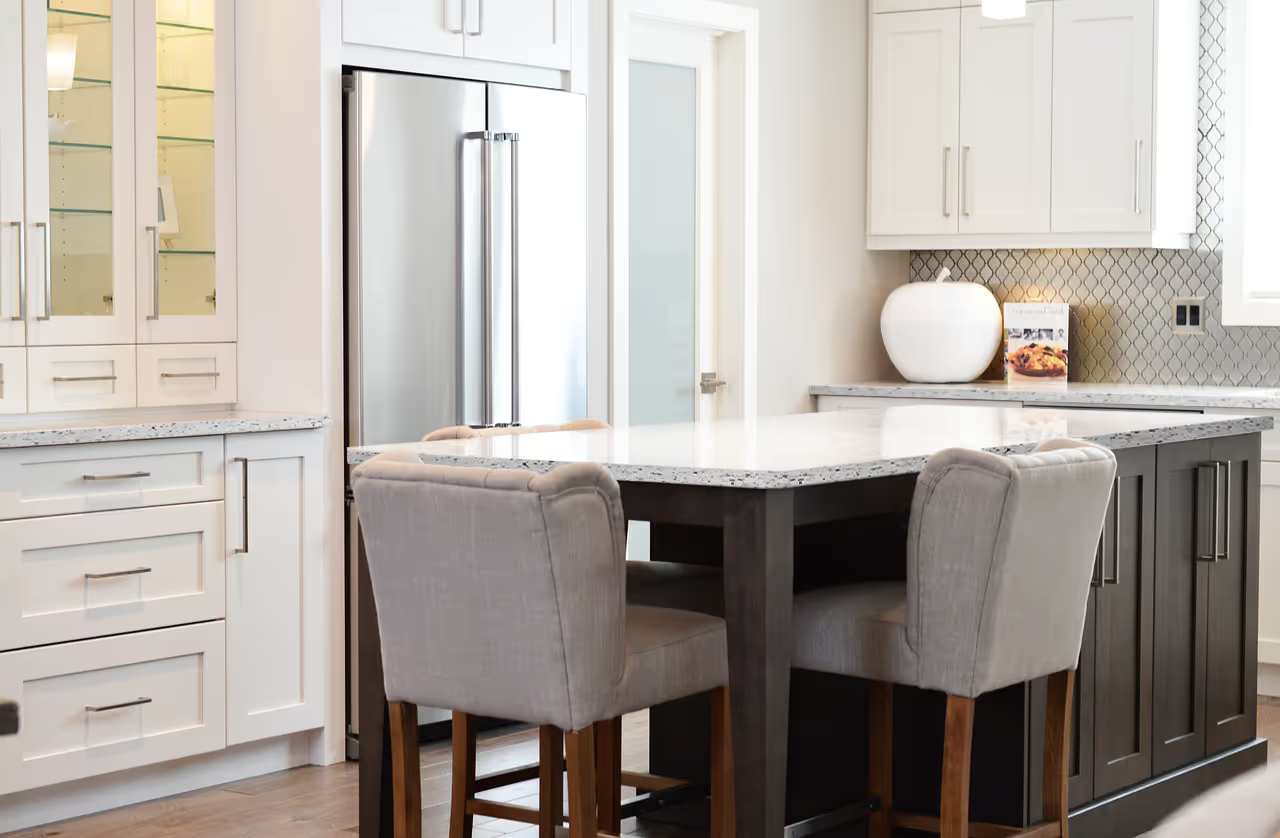
Style and luxury coexist harmoniously with eco-consciousness
READ MORE
This article will help you figure out how to pair elements of your kitchen together.
READ MORE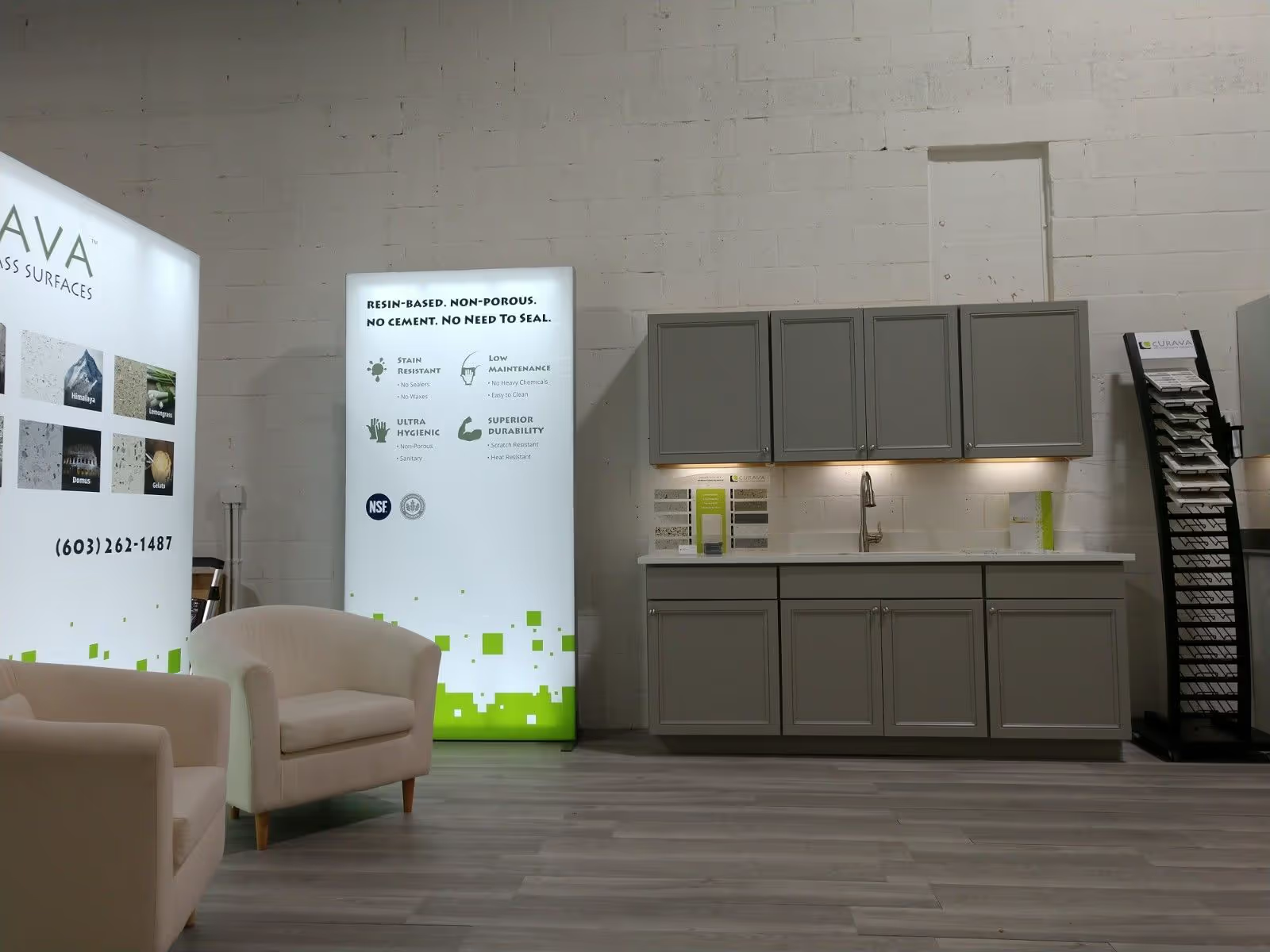
Our Open House event is just around the corner and we can't wait to show off our beautiful selection of slabs.
READ MORE
Visit Curava at the Home Design and Remodeling Show on September 2nd thru the 5th!
READ MORE.avif)
Find out the good, the bad and the ugly about quartz and glass countertops.
READ MORE.avif)
.avif)